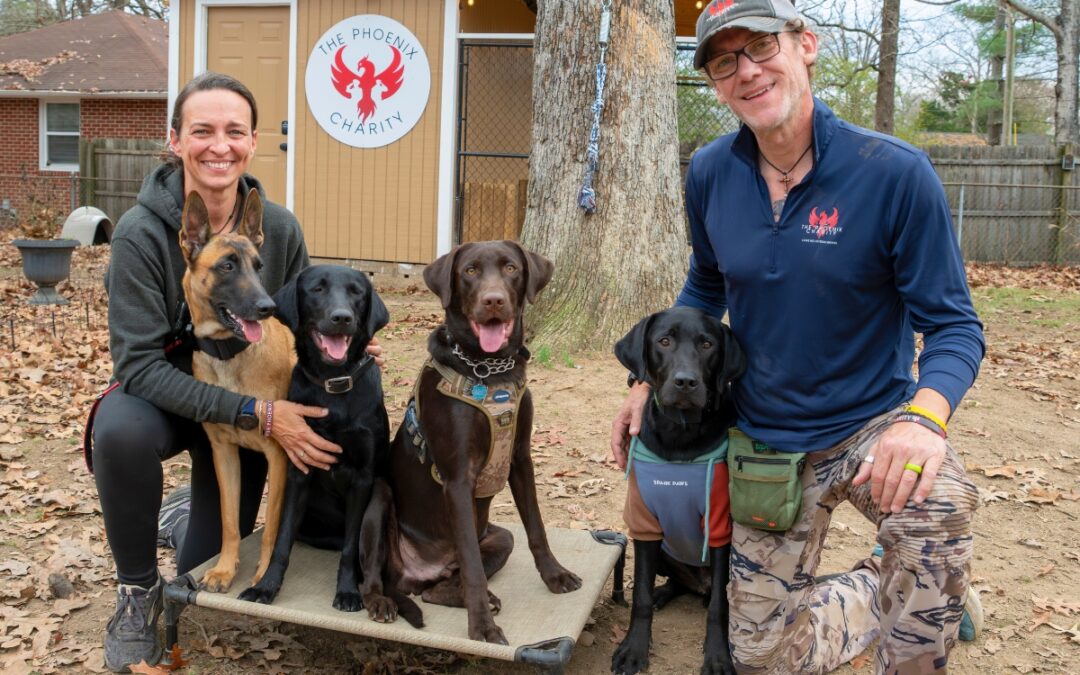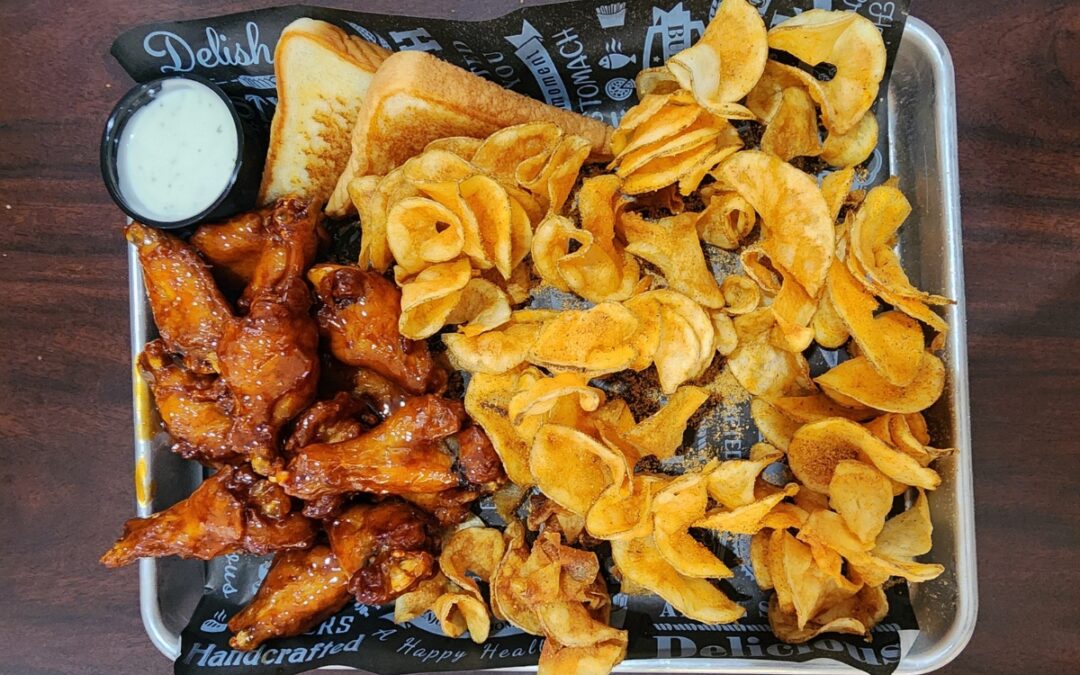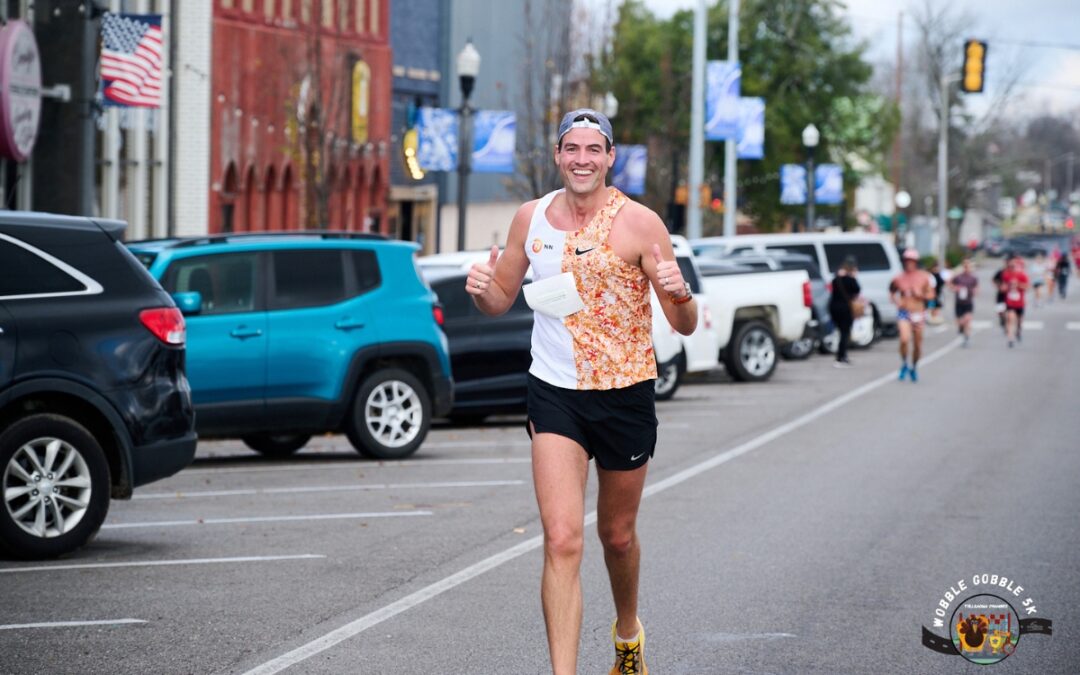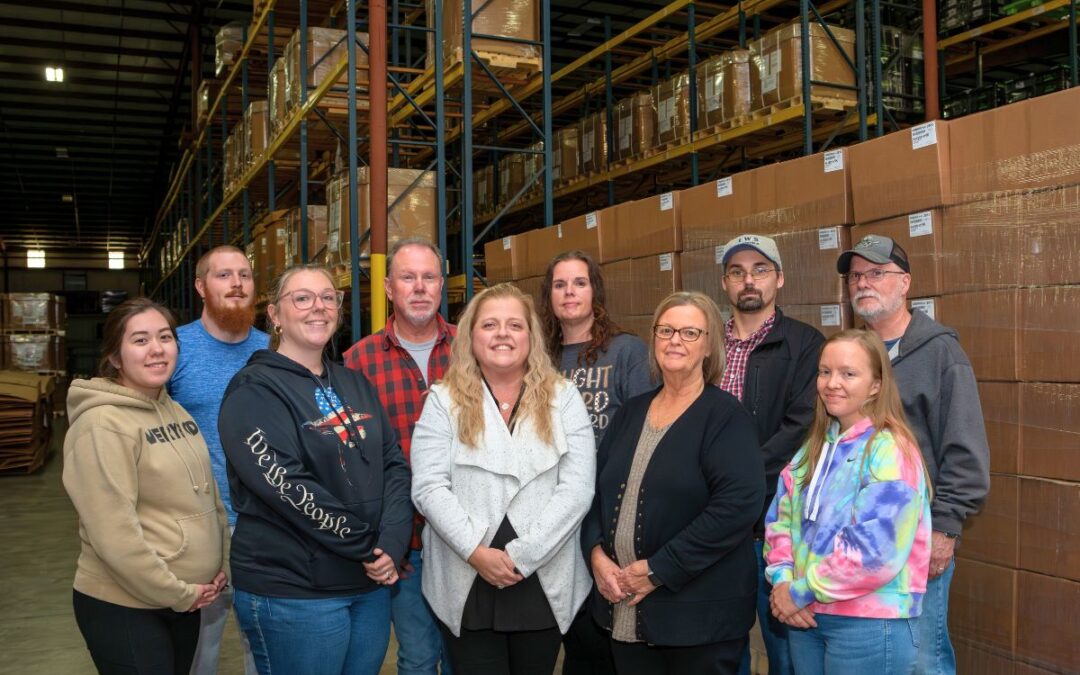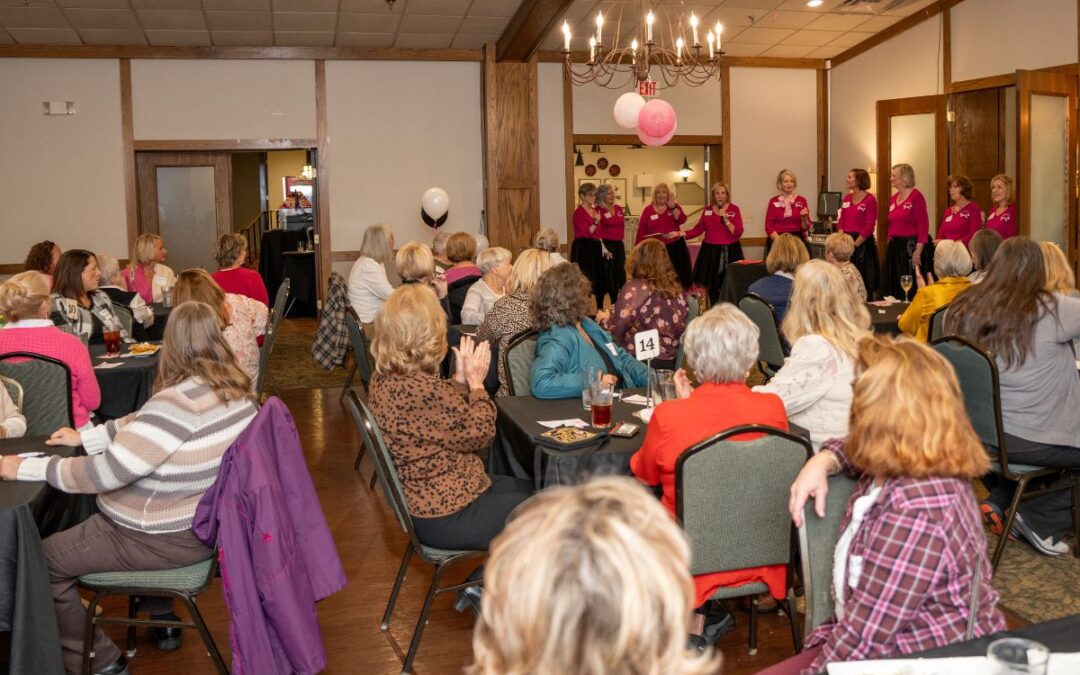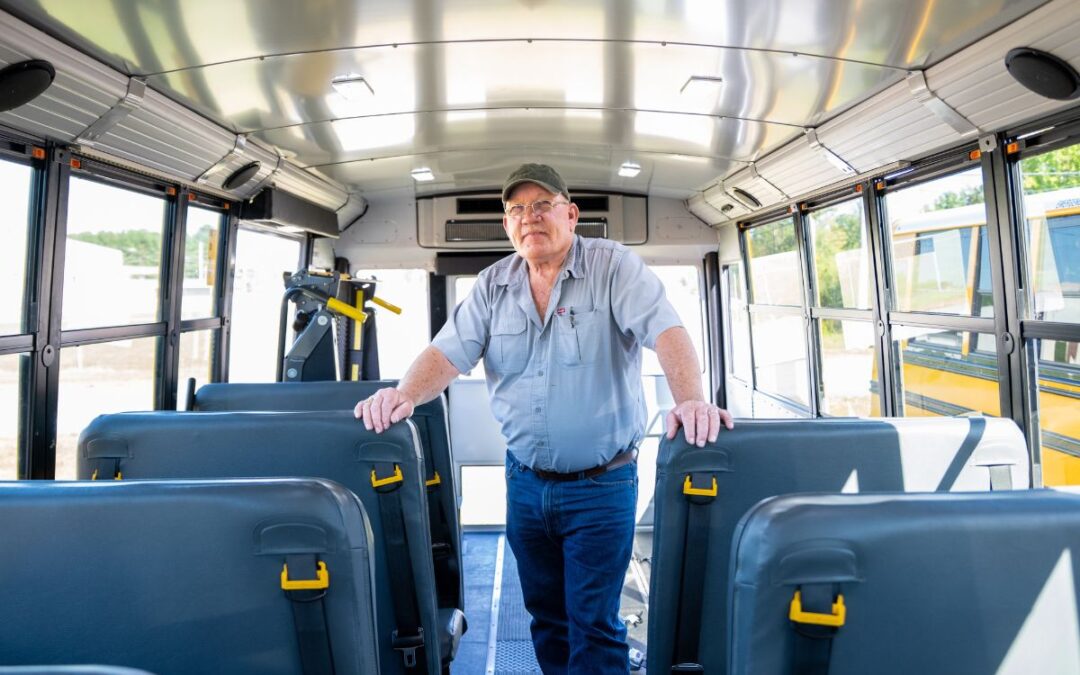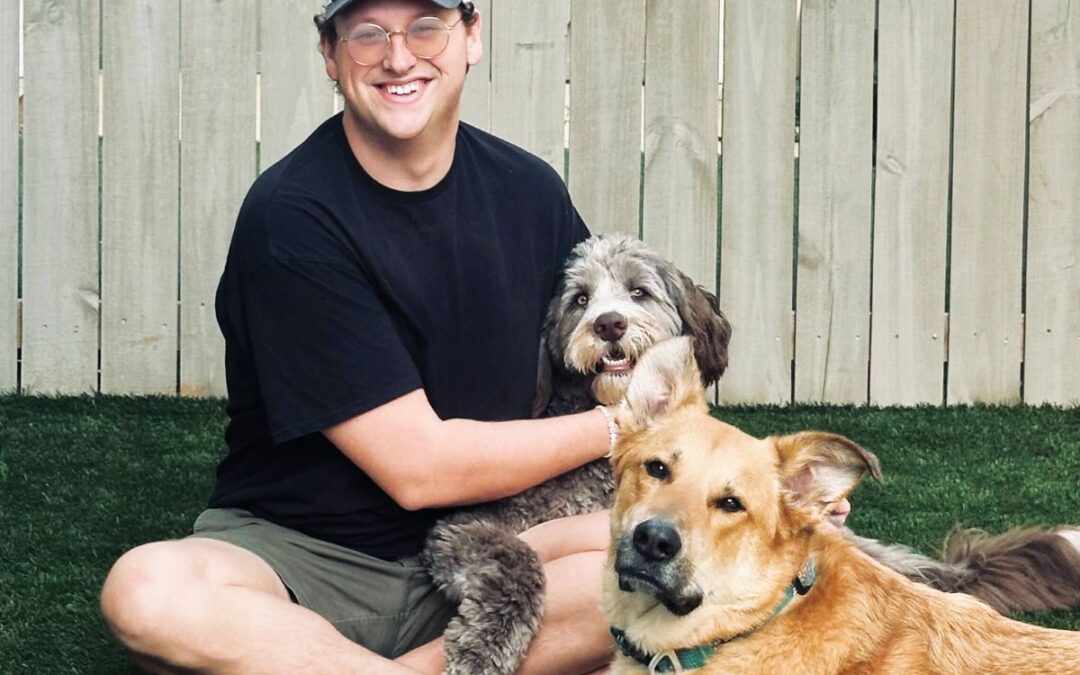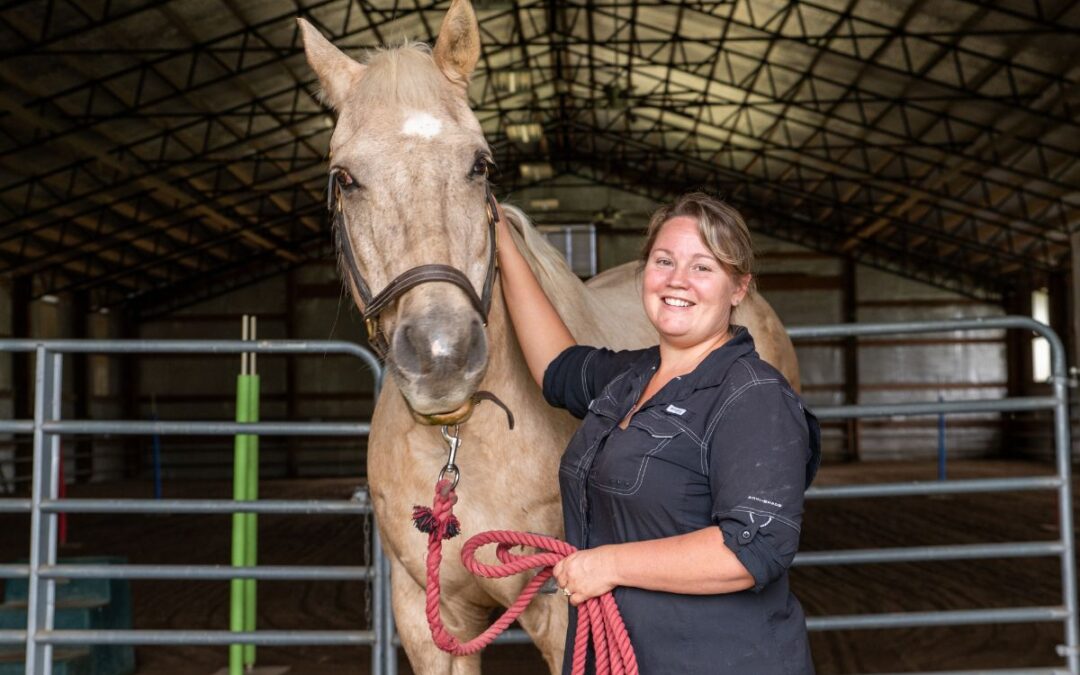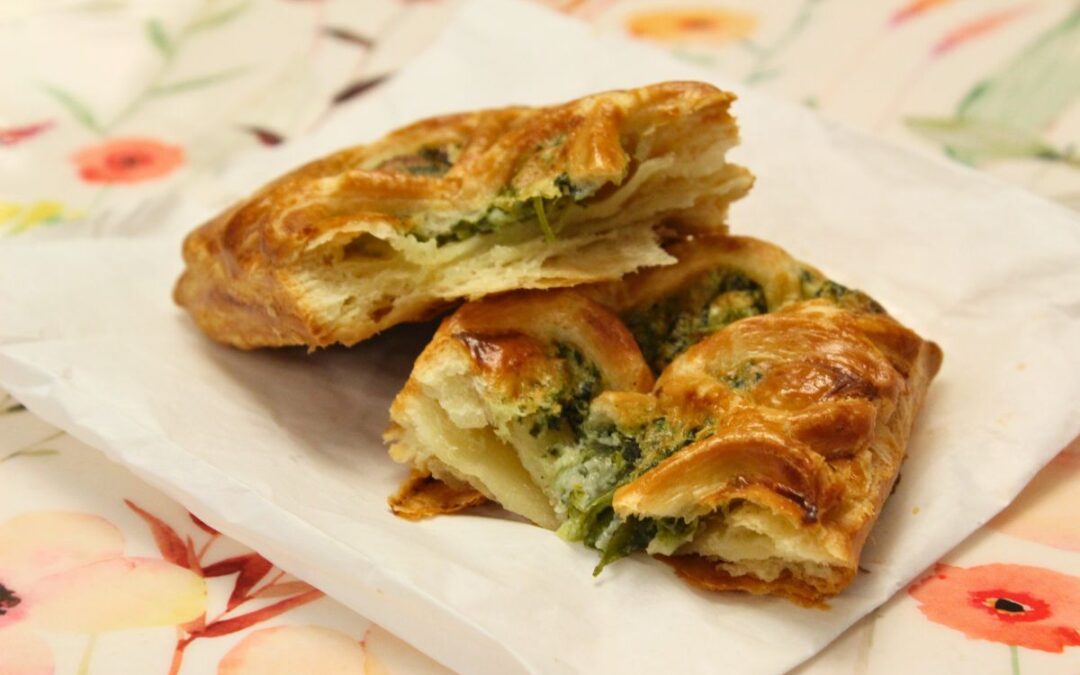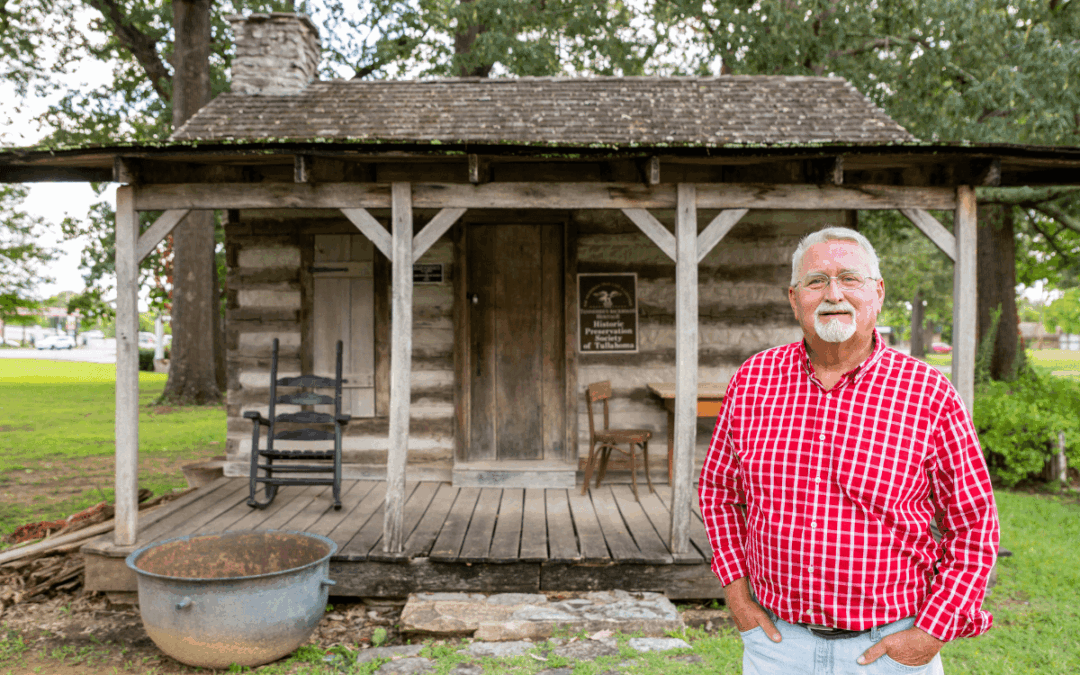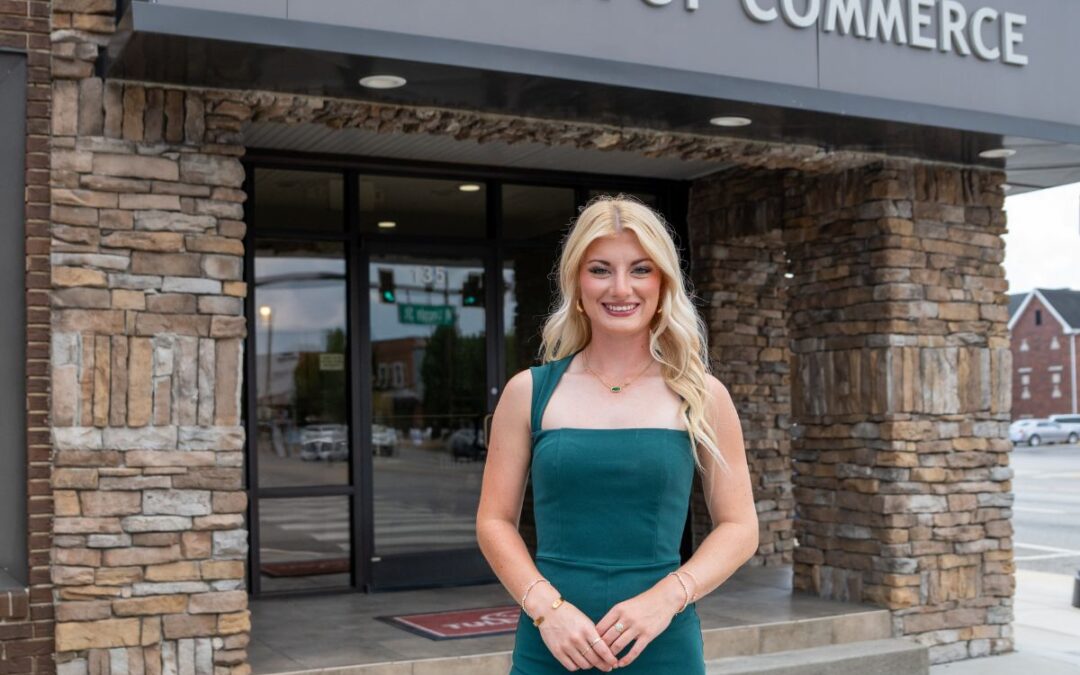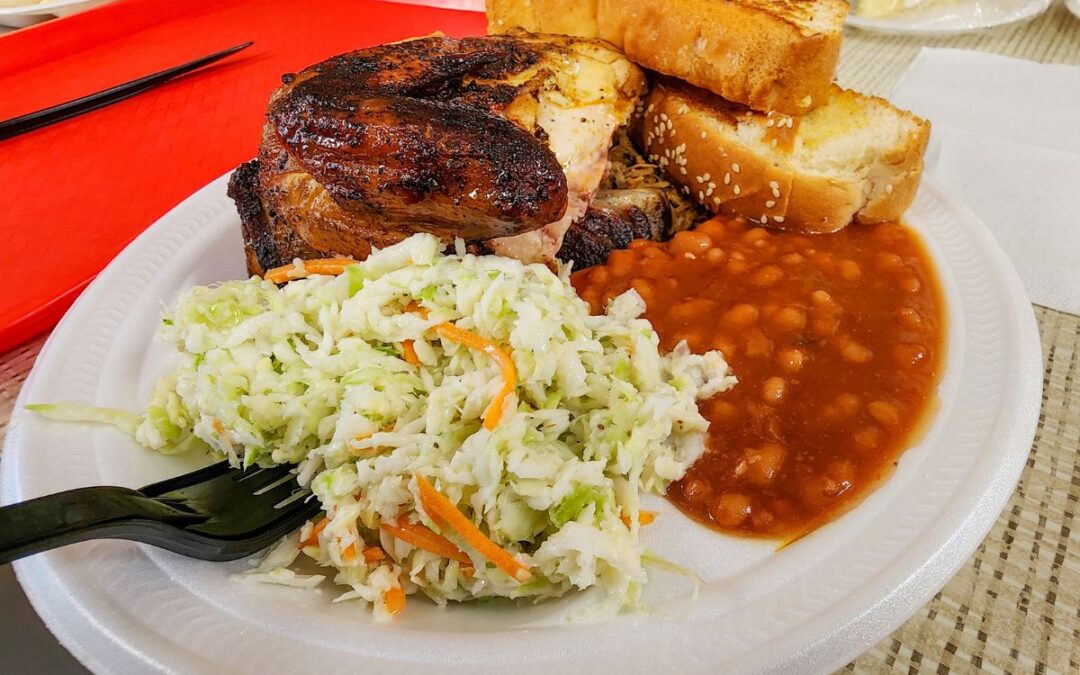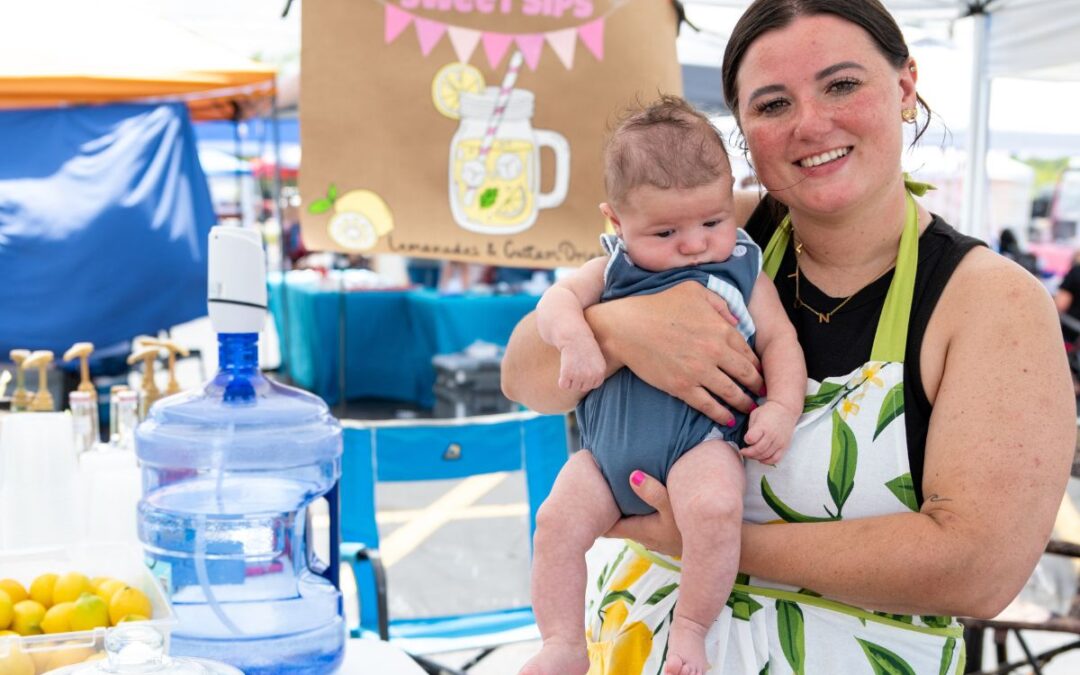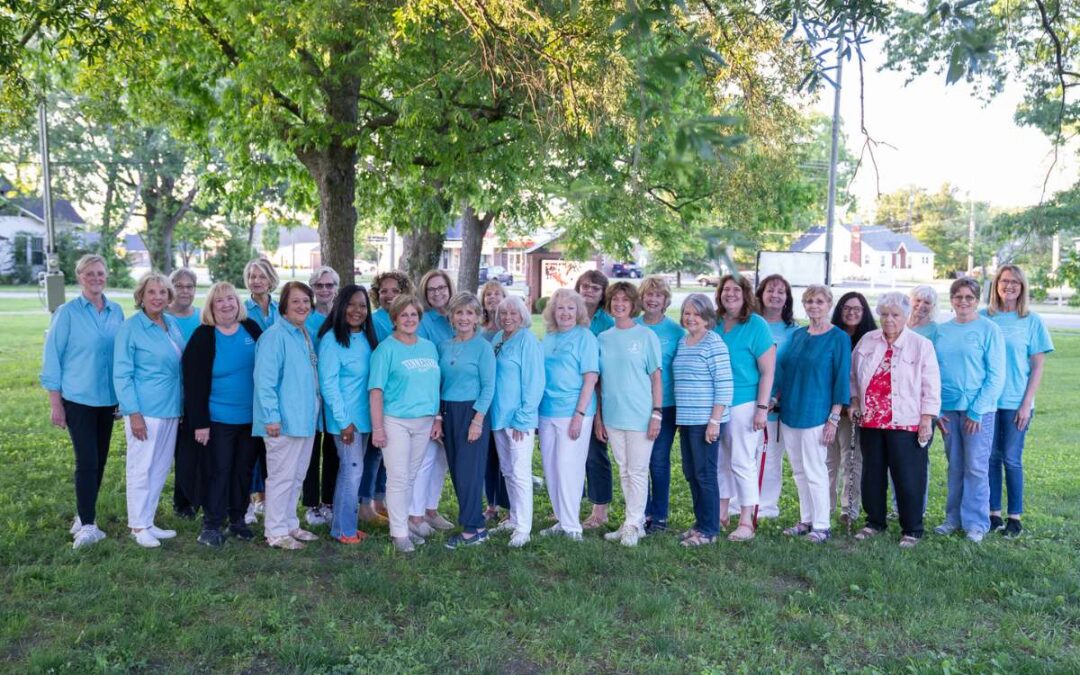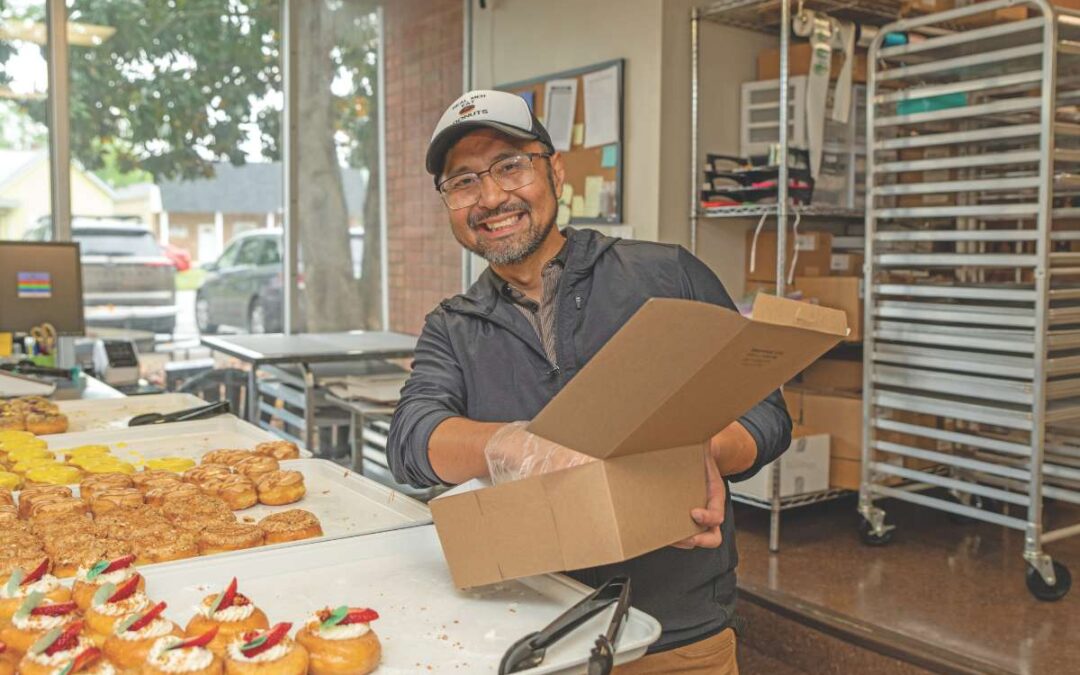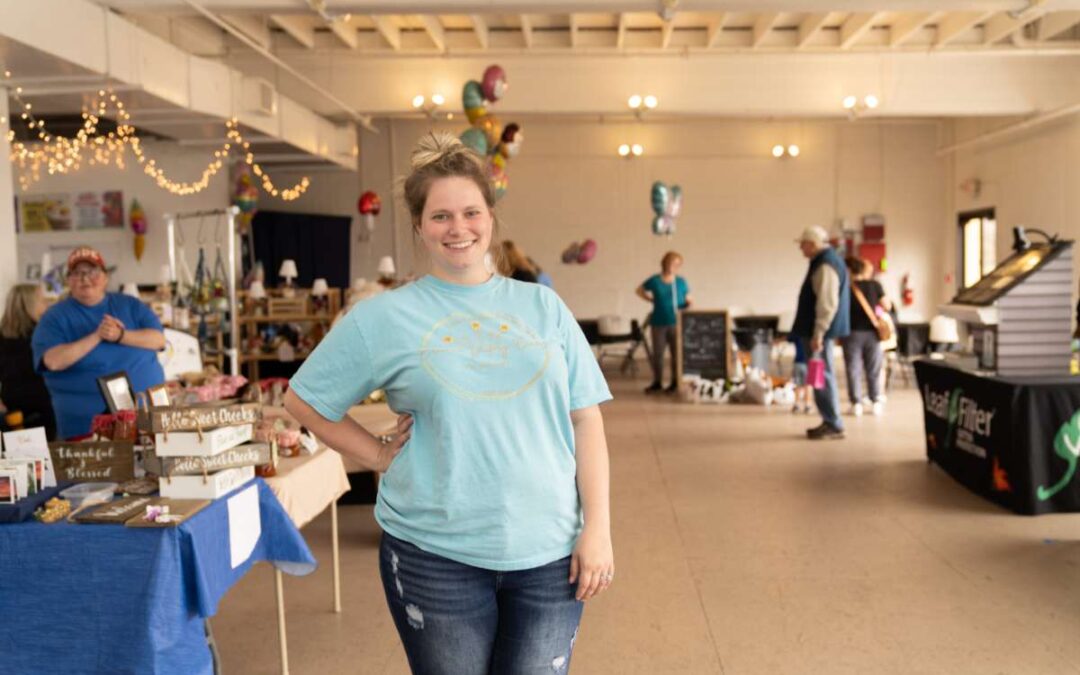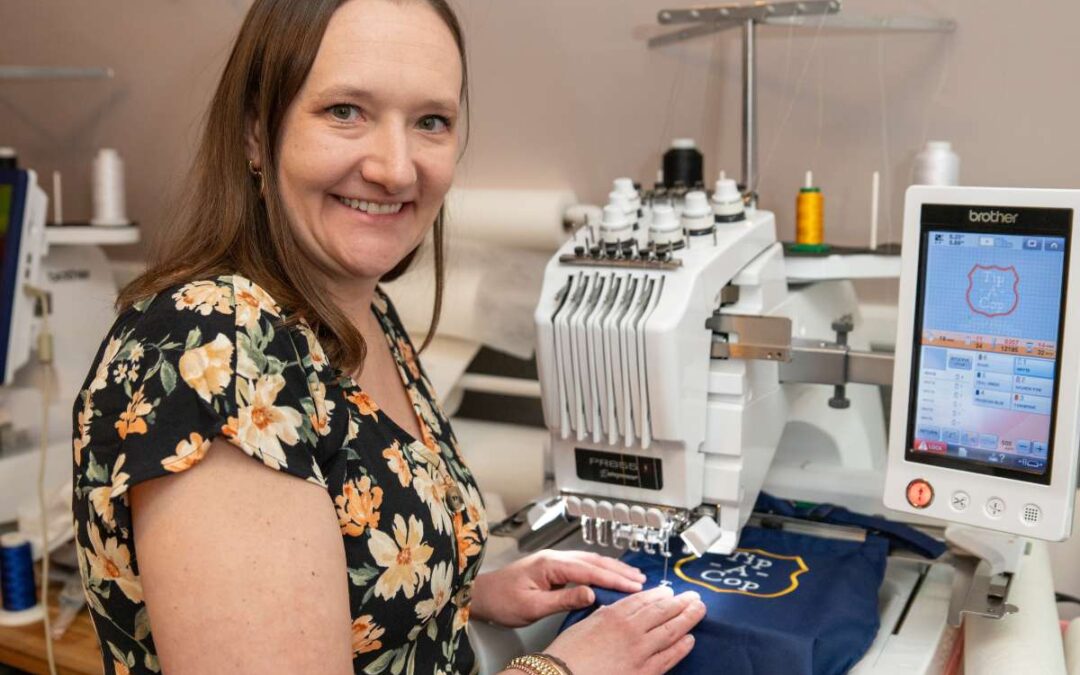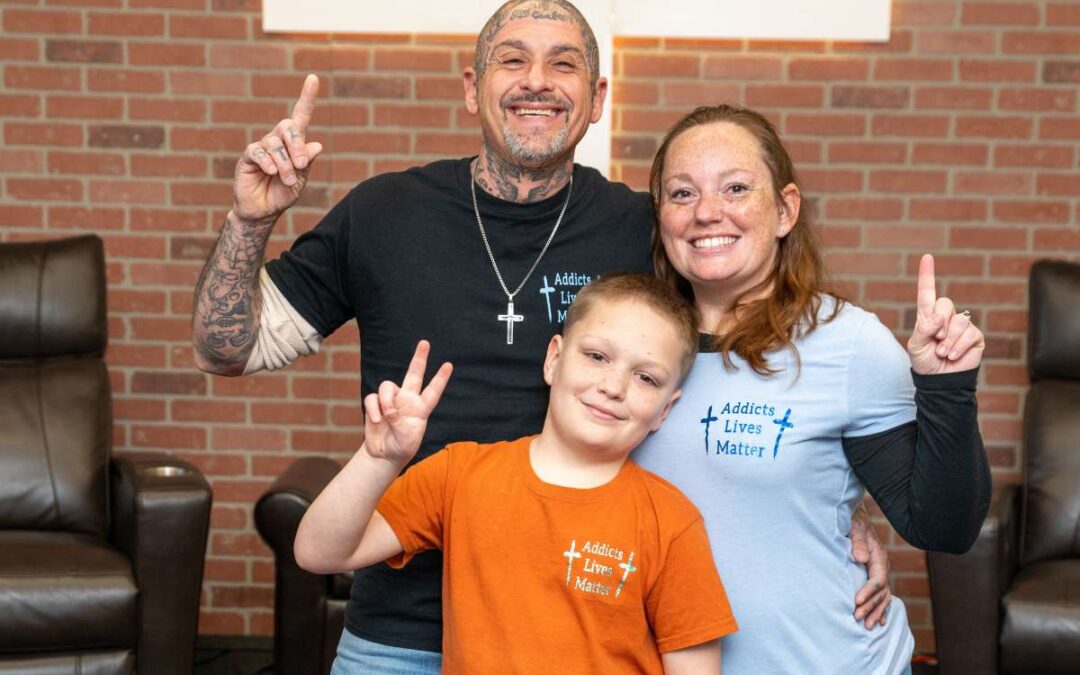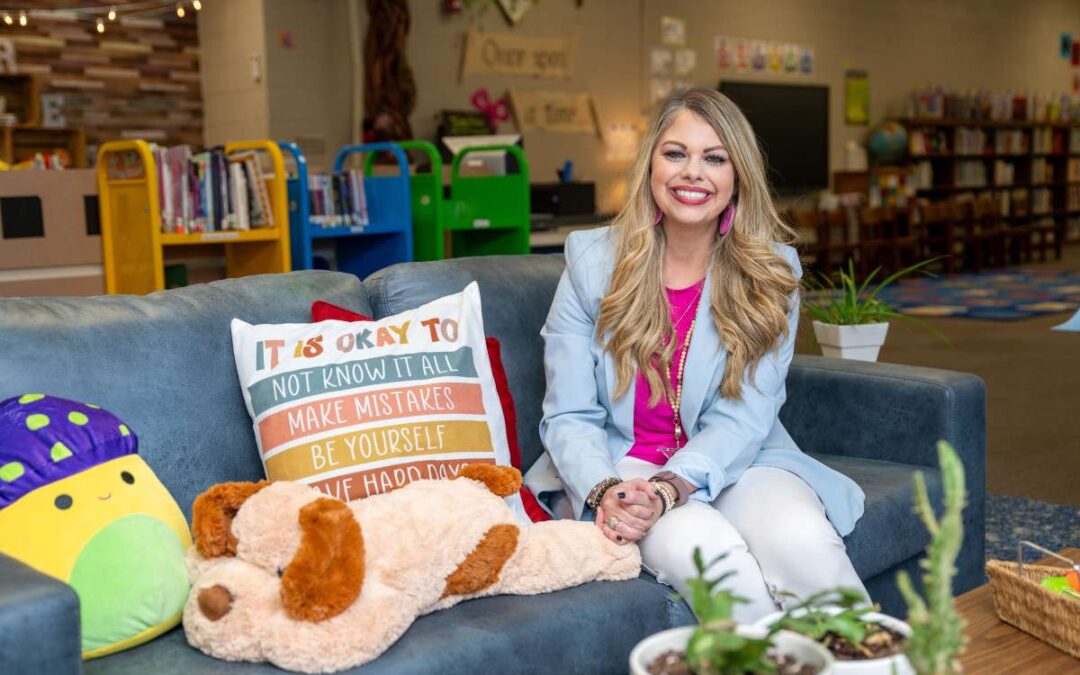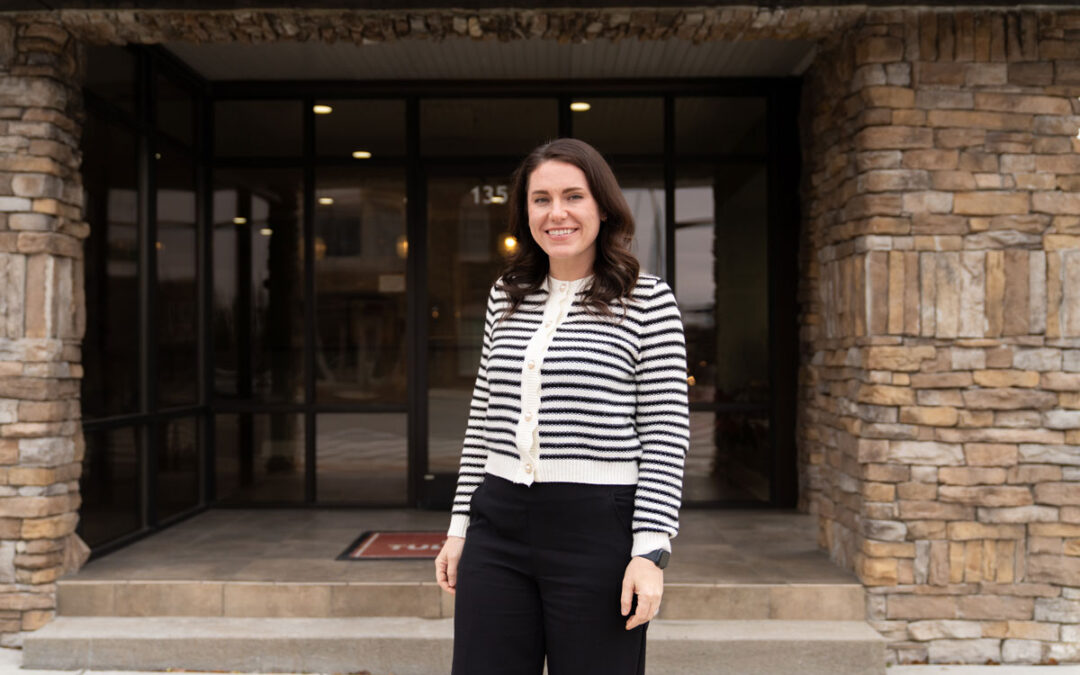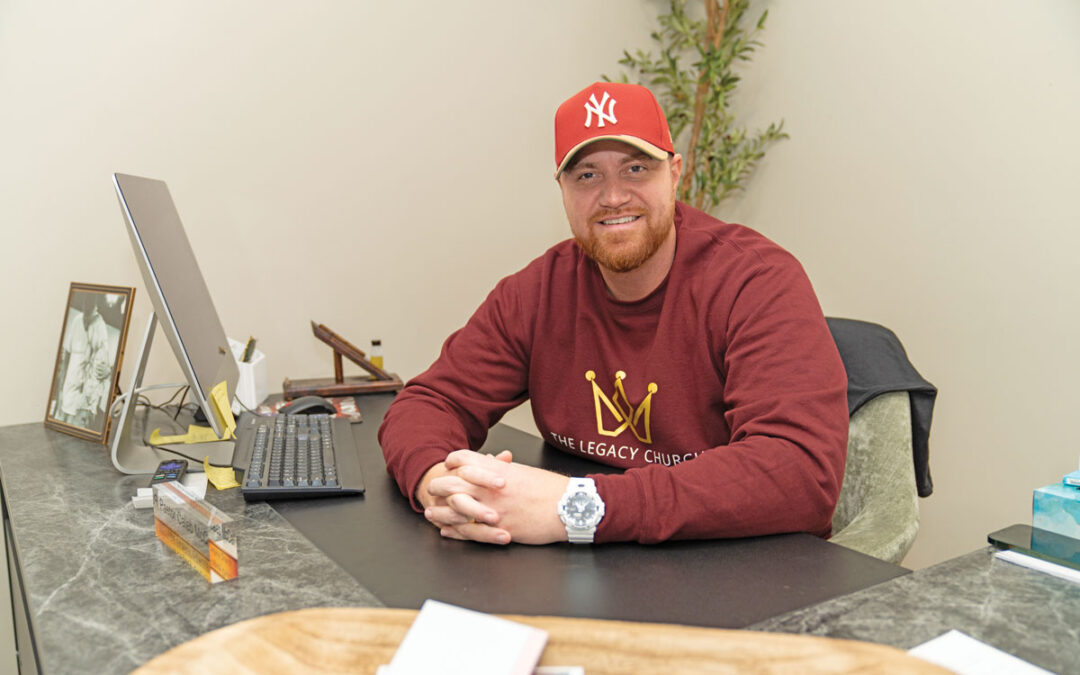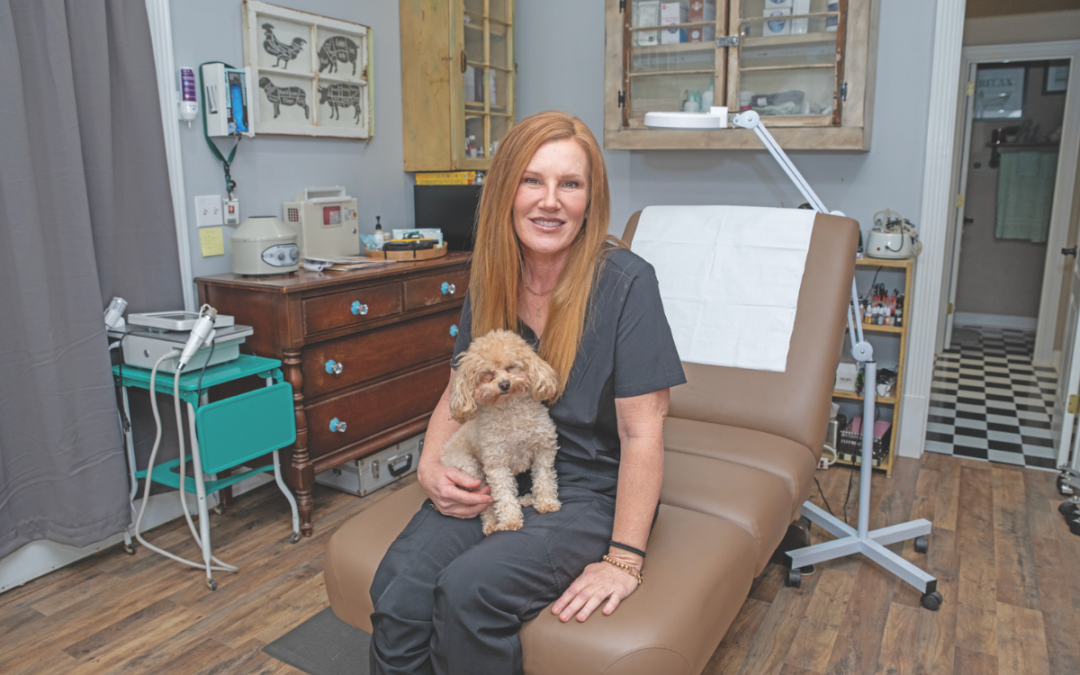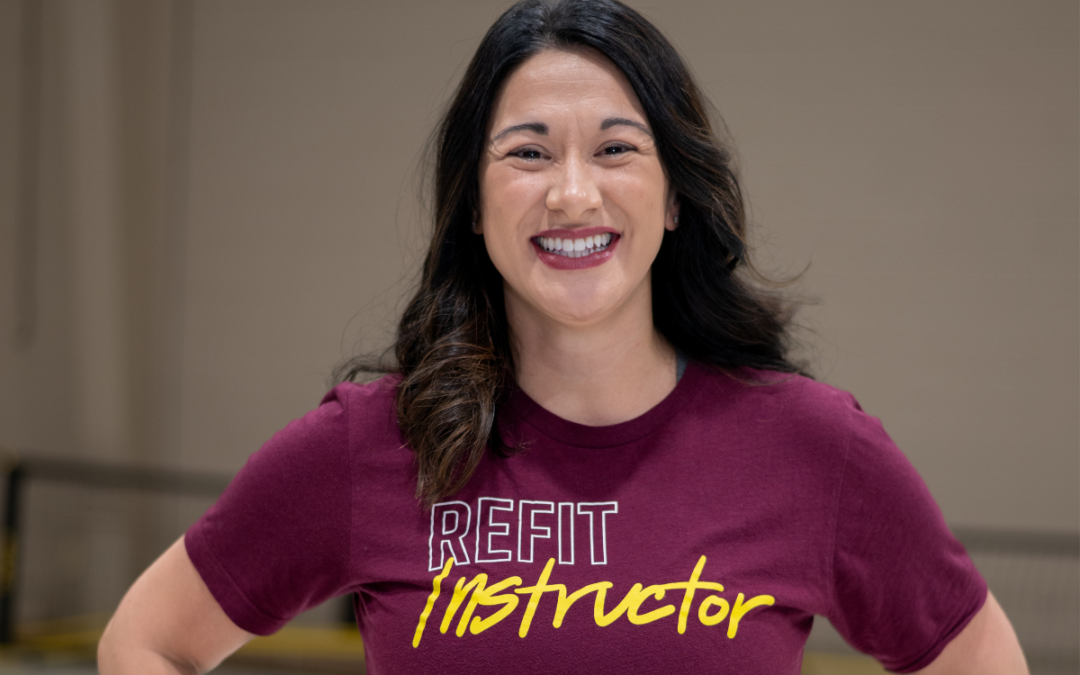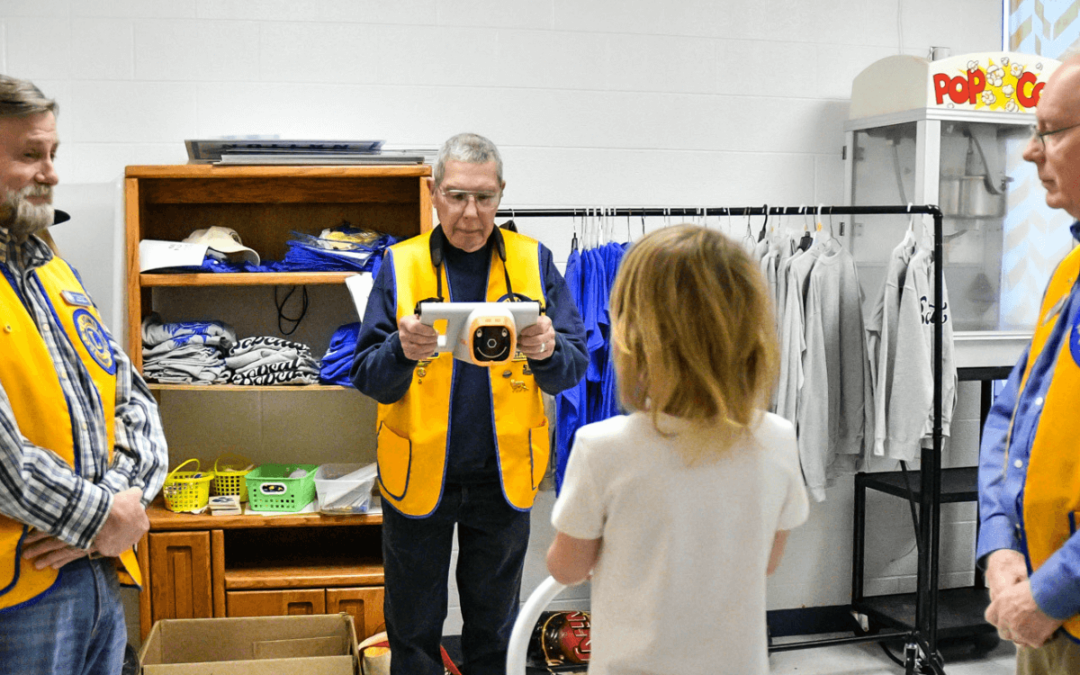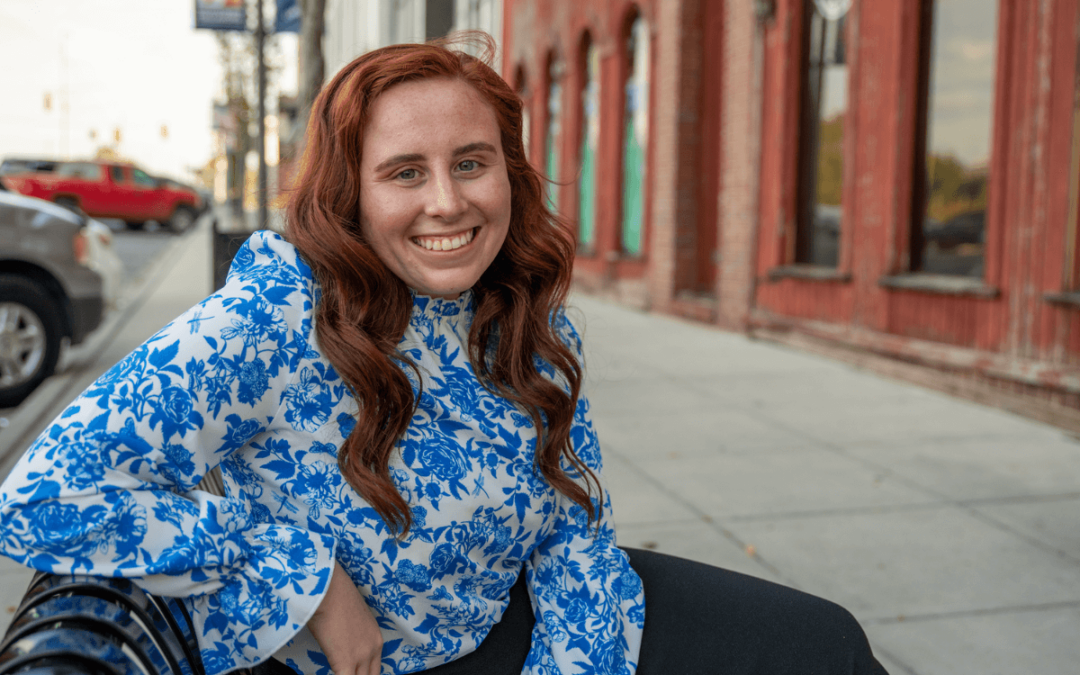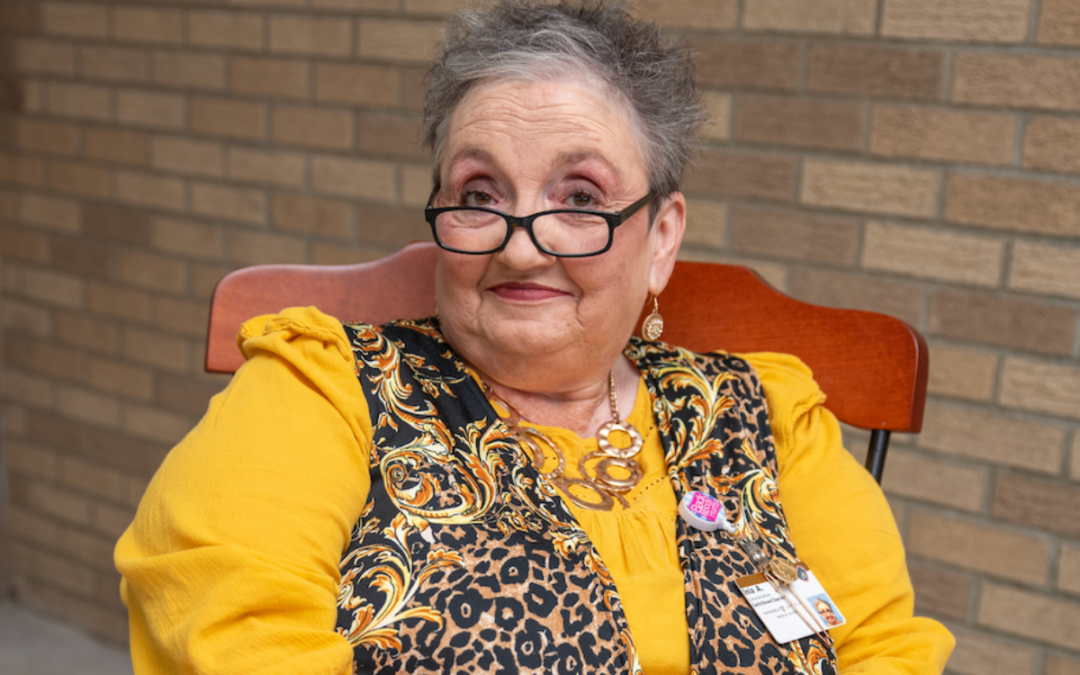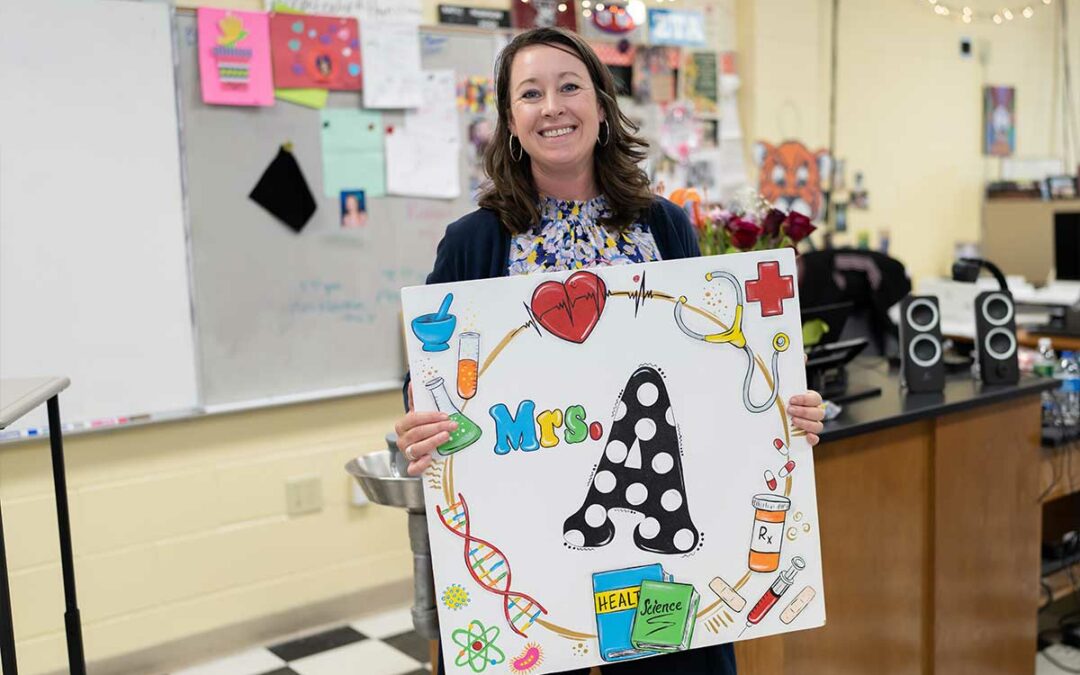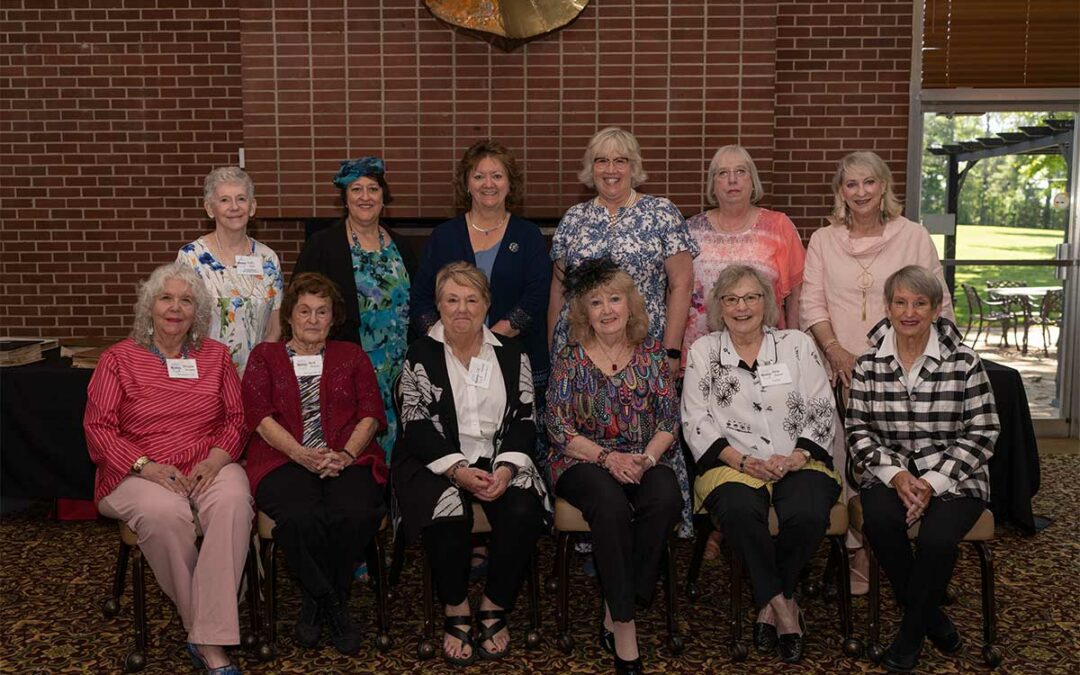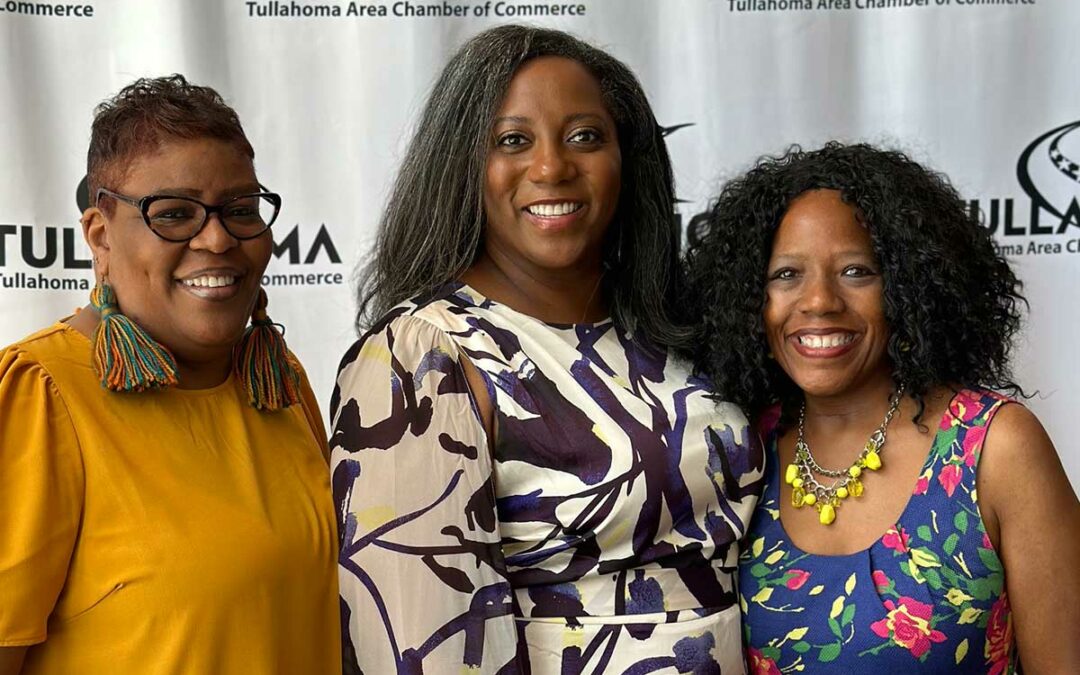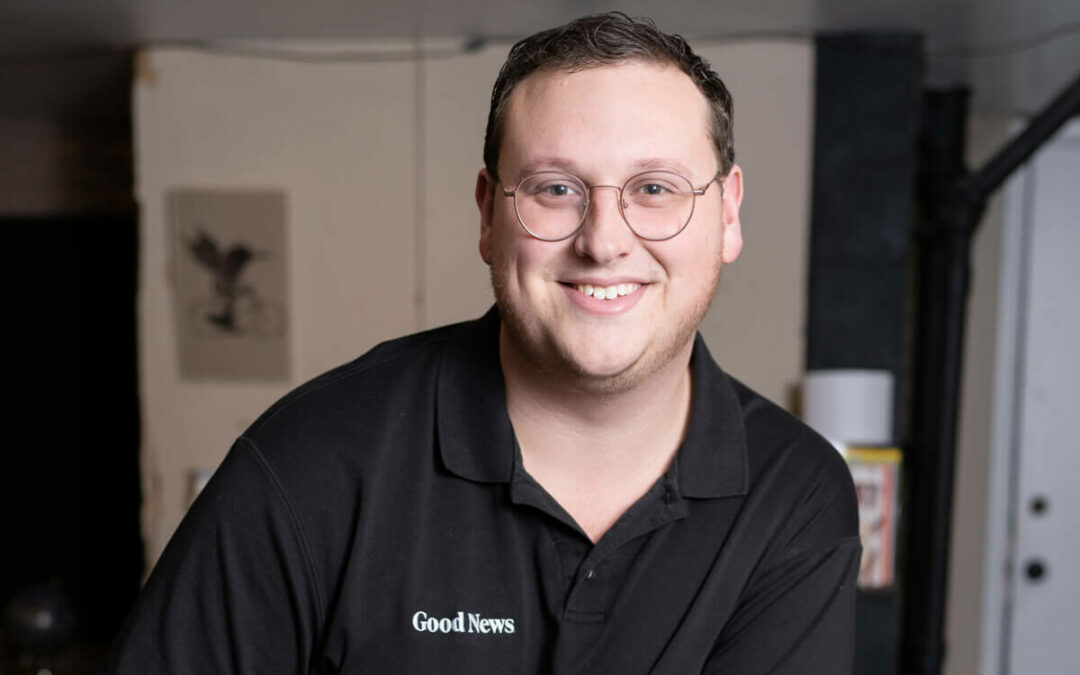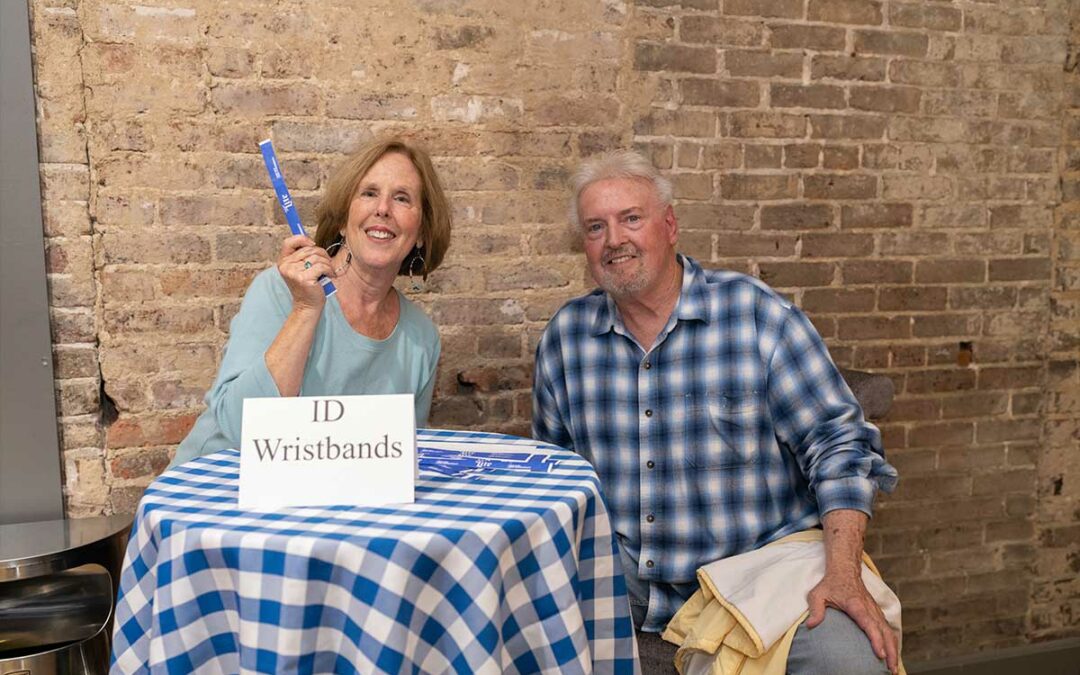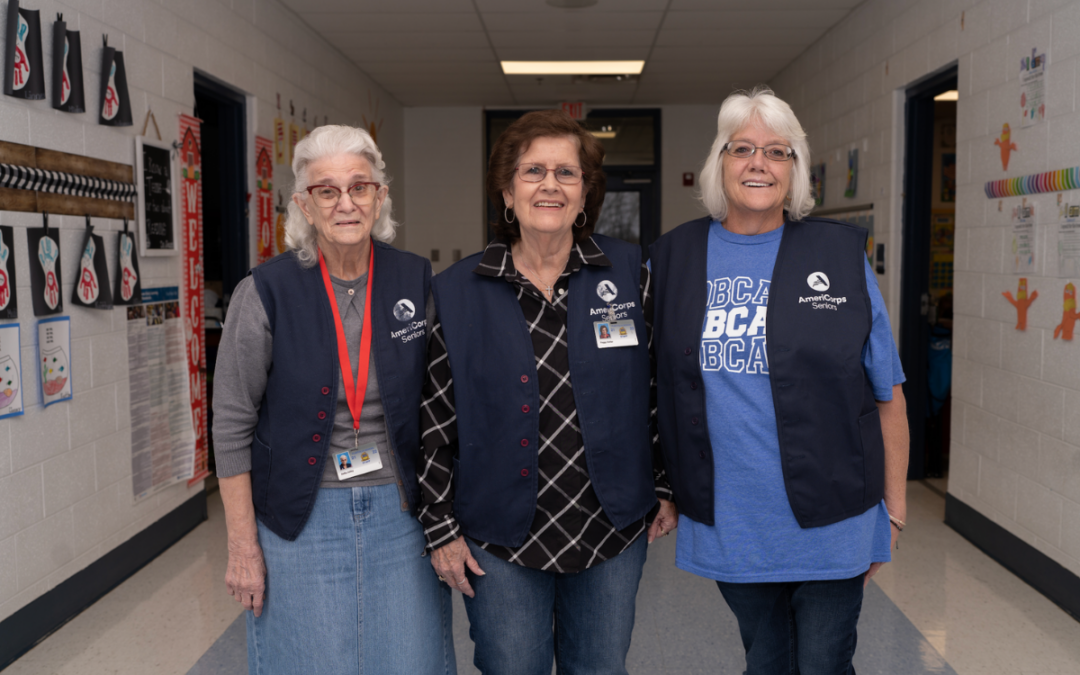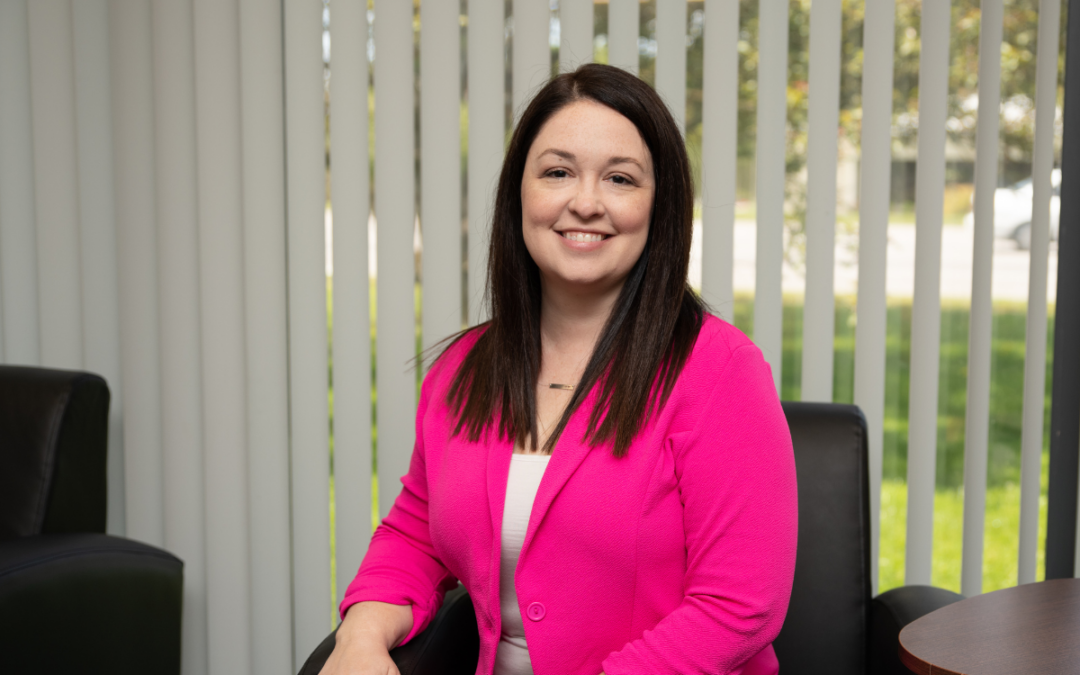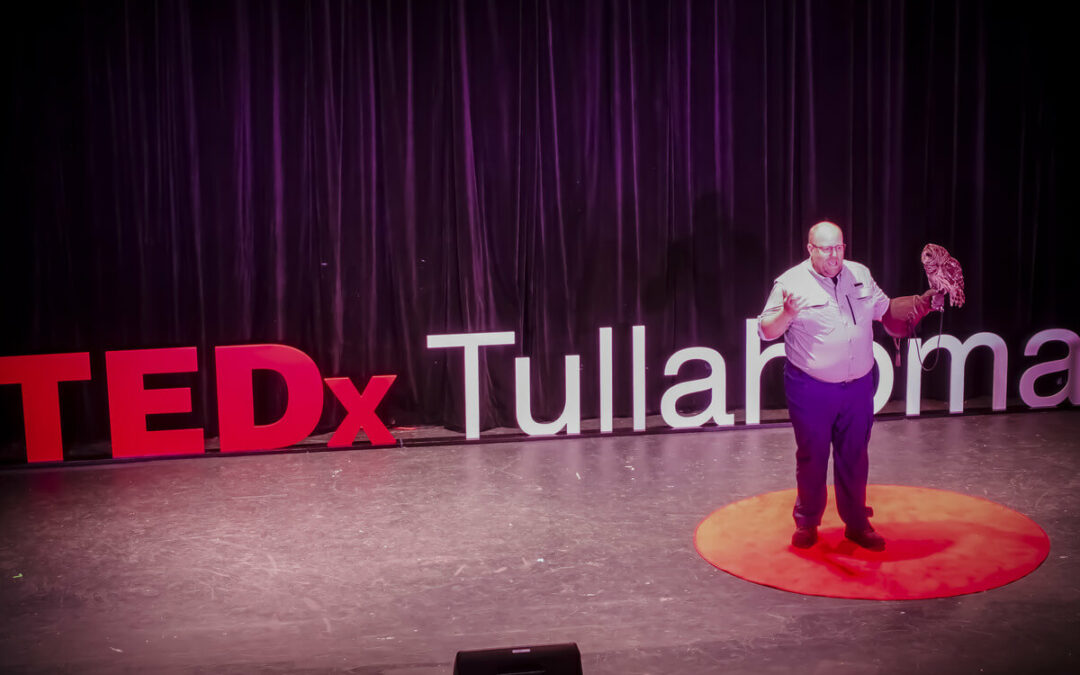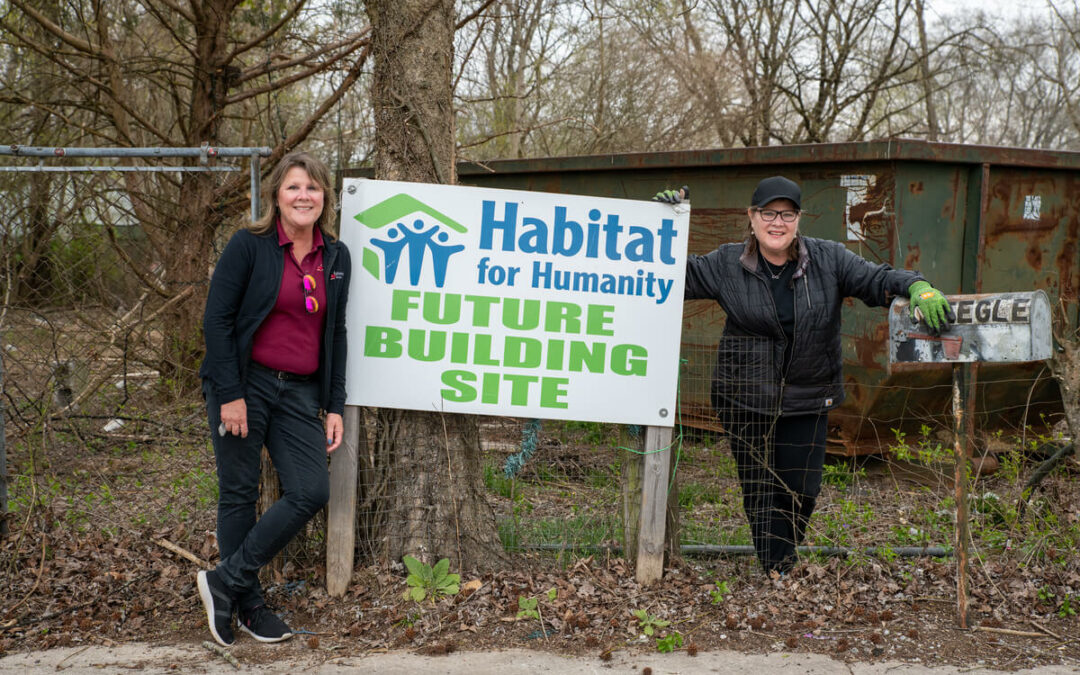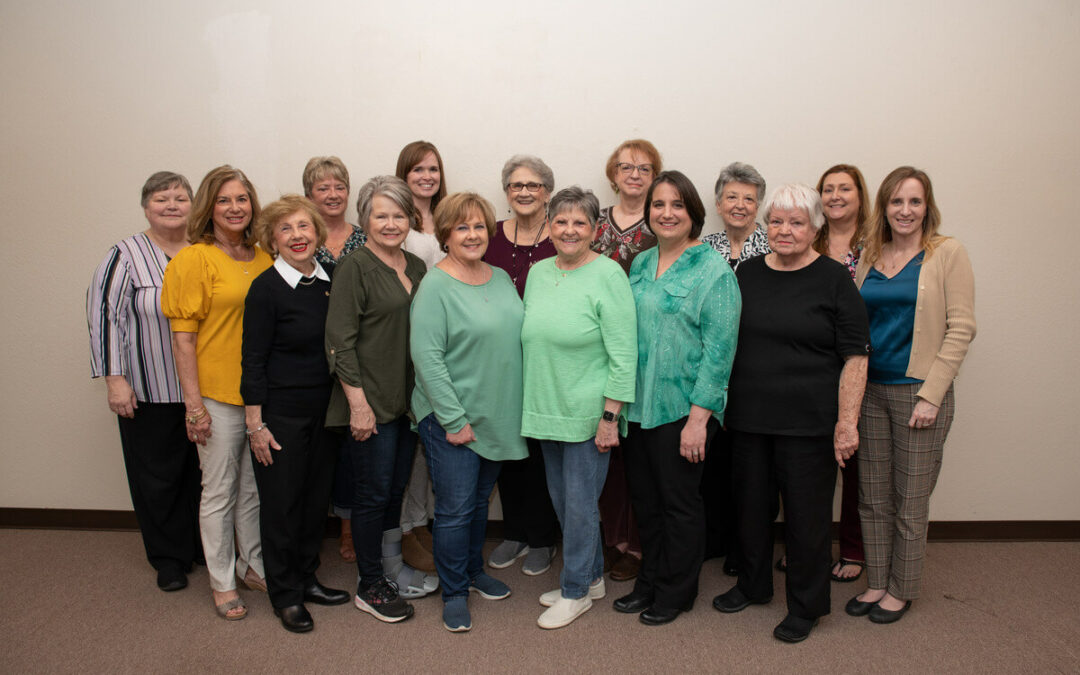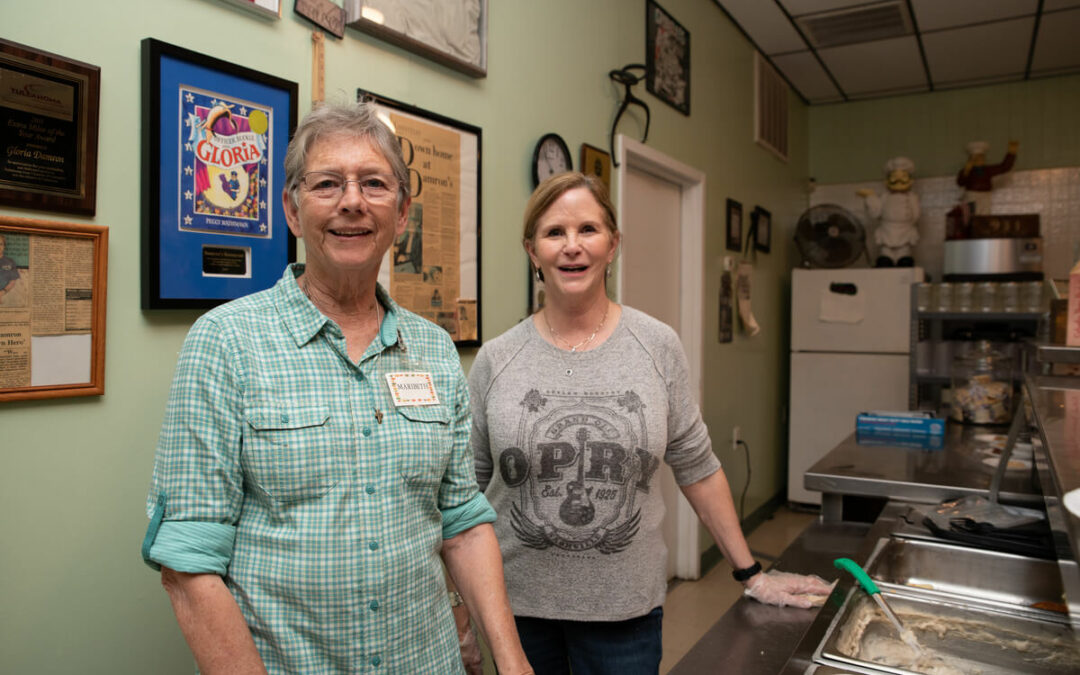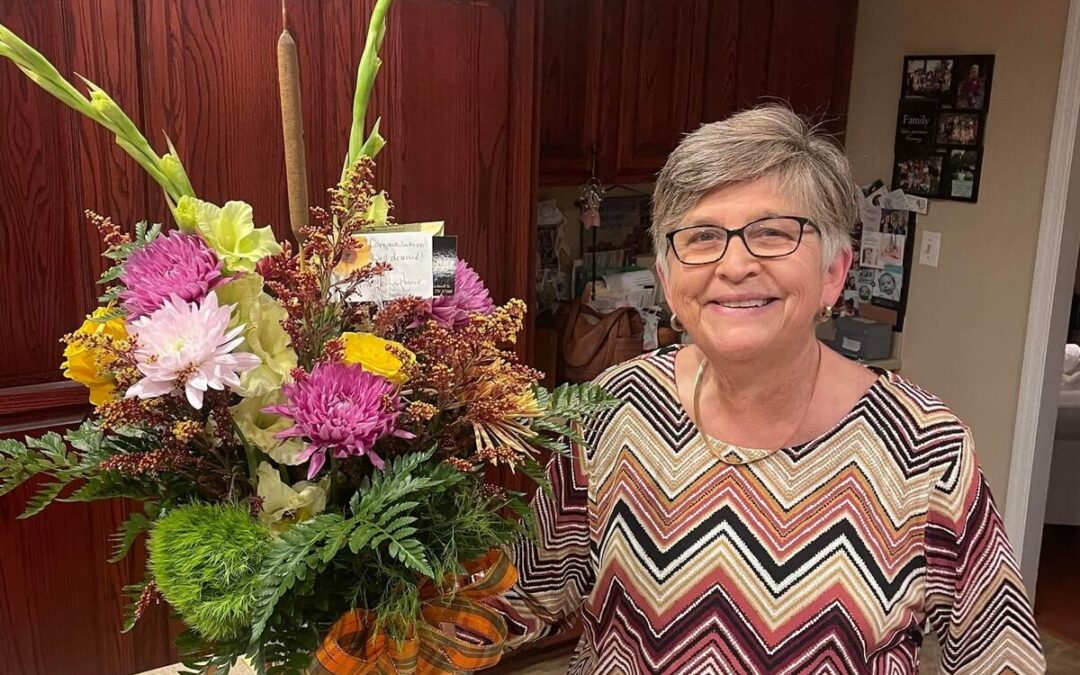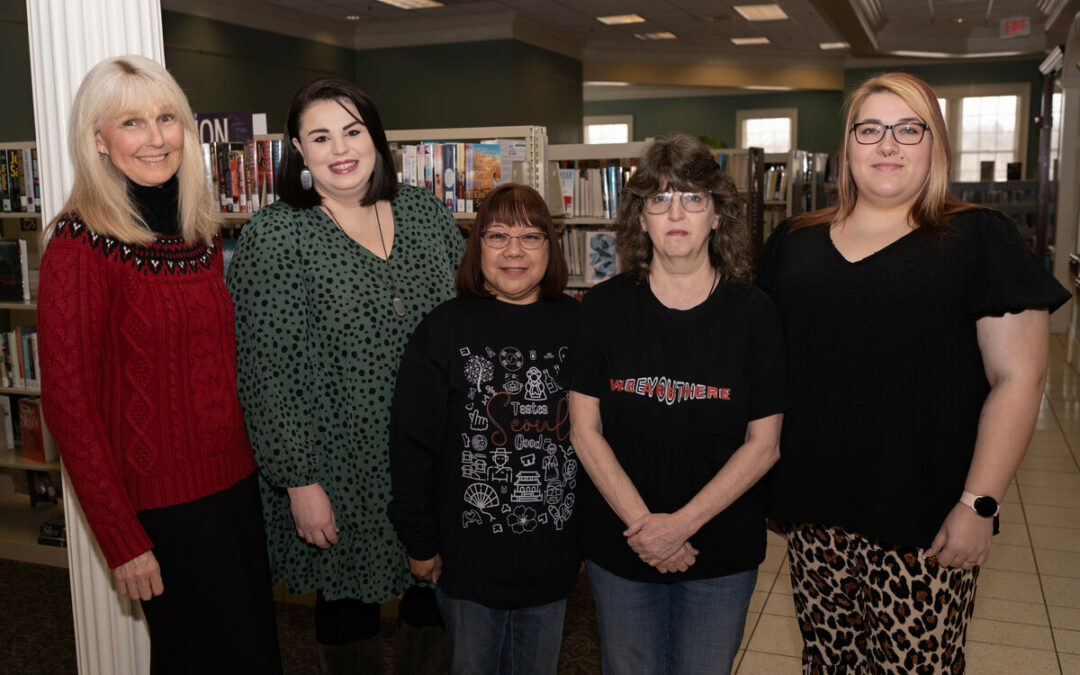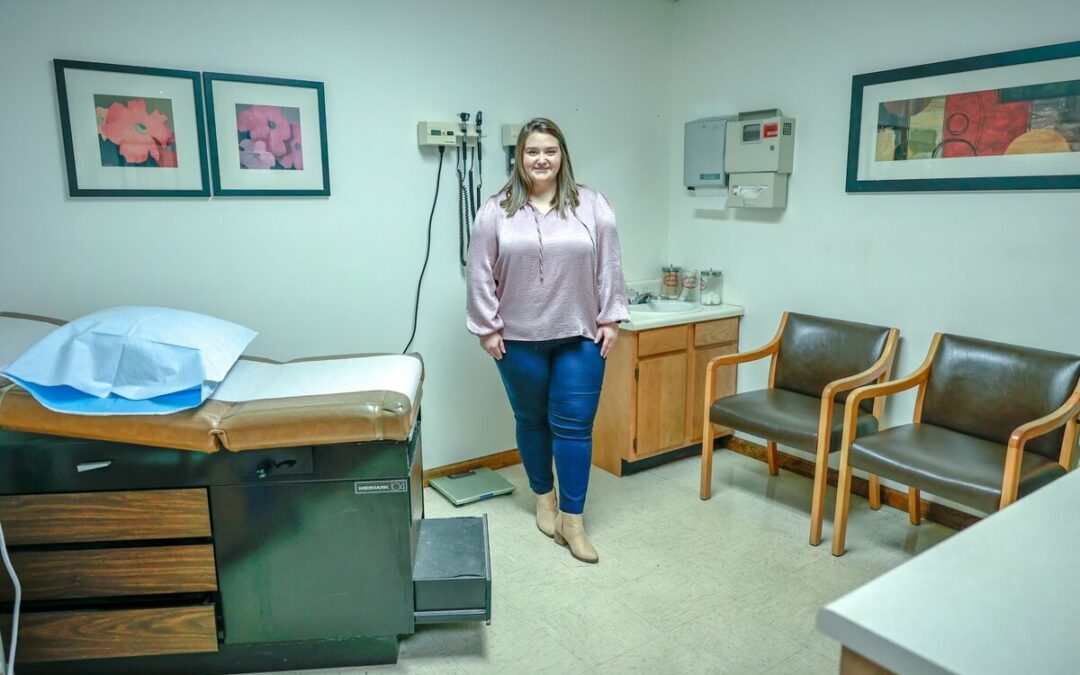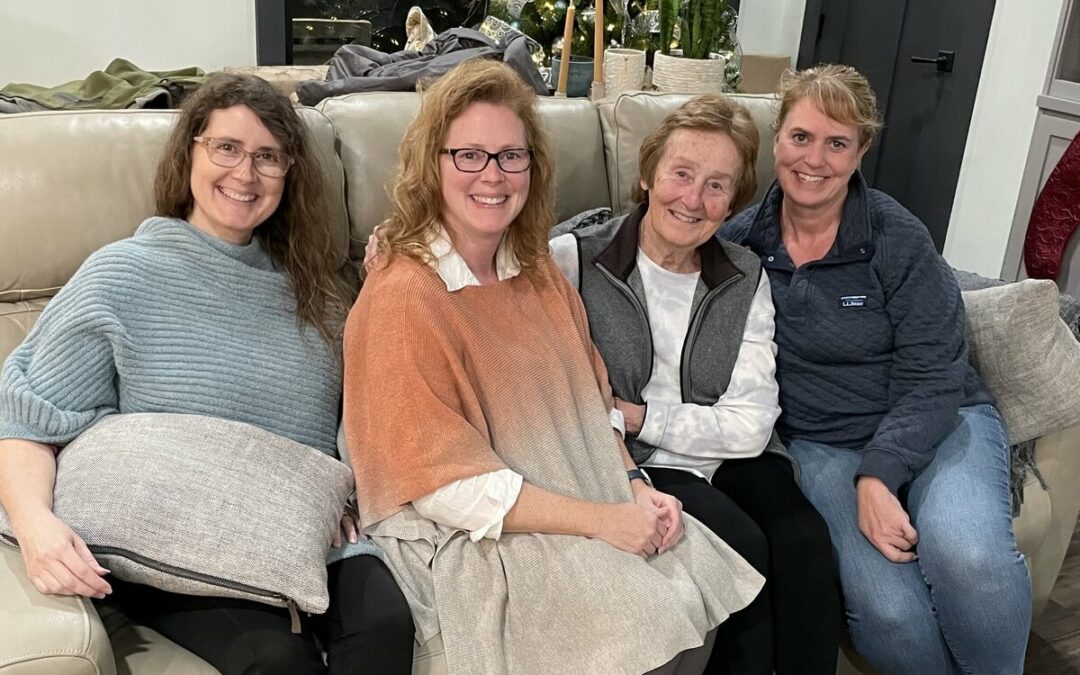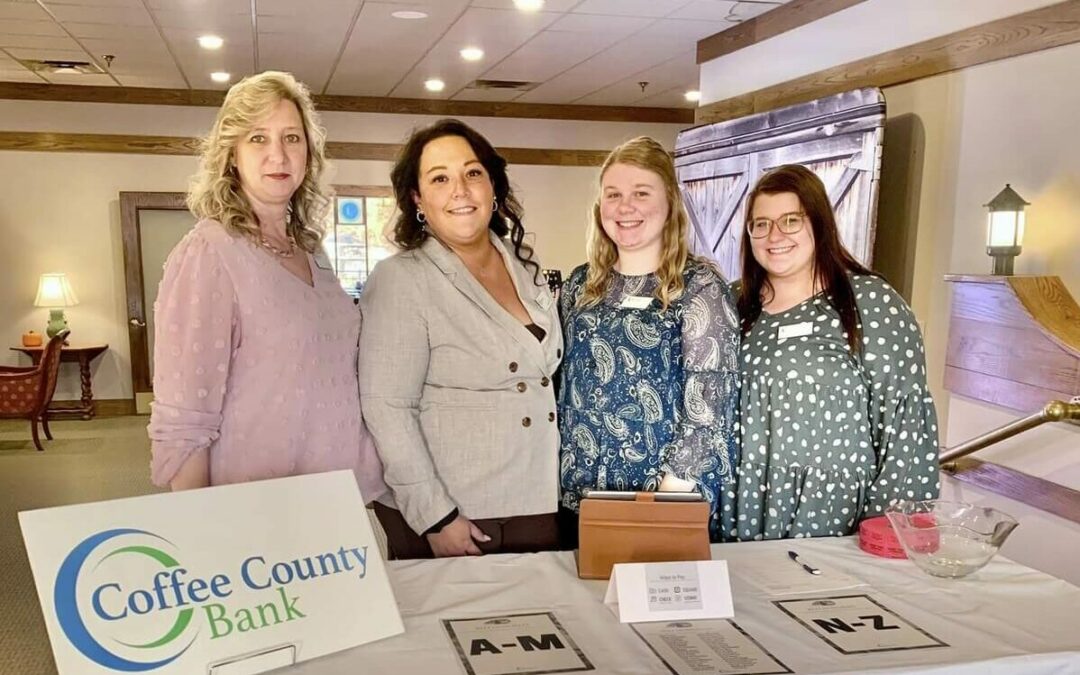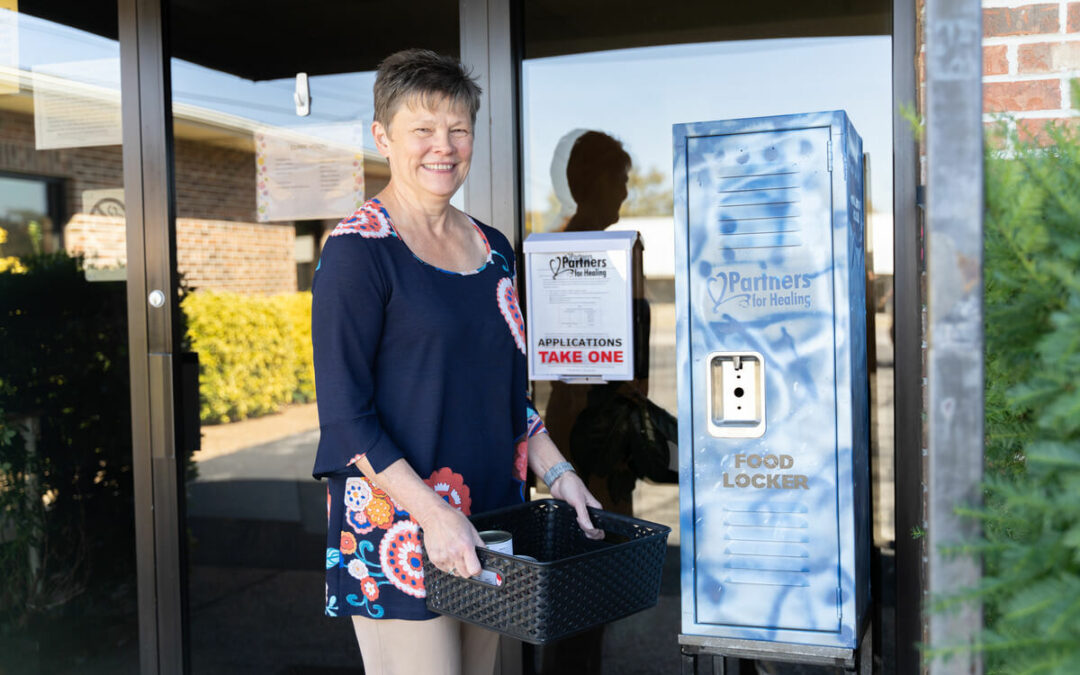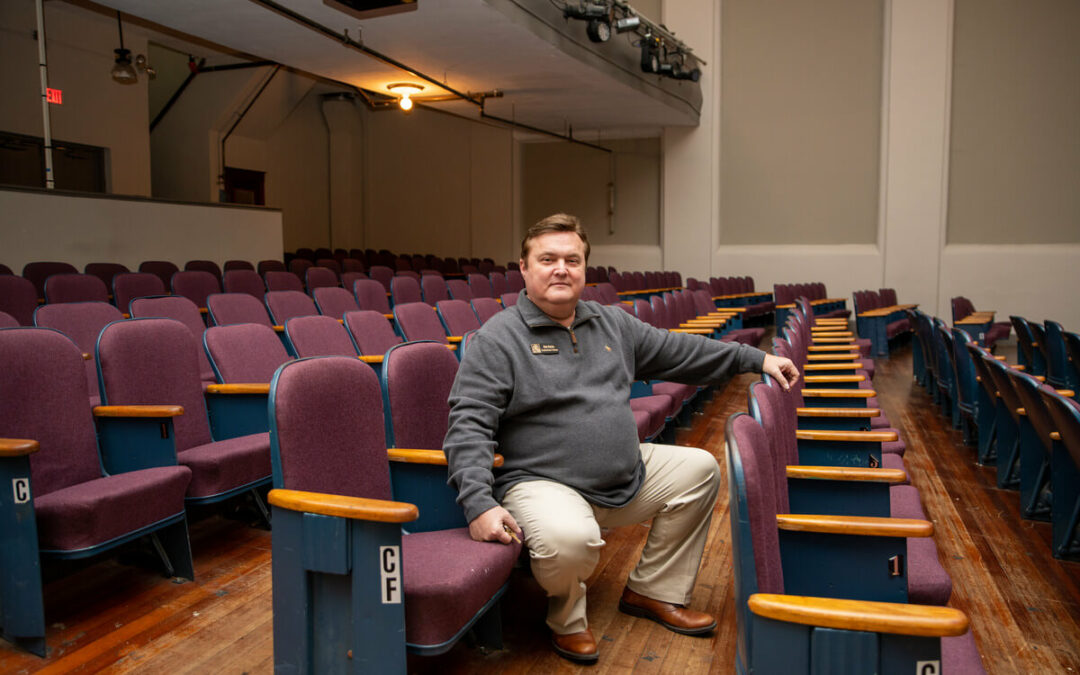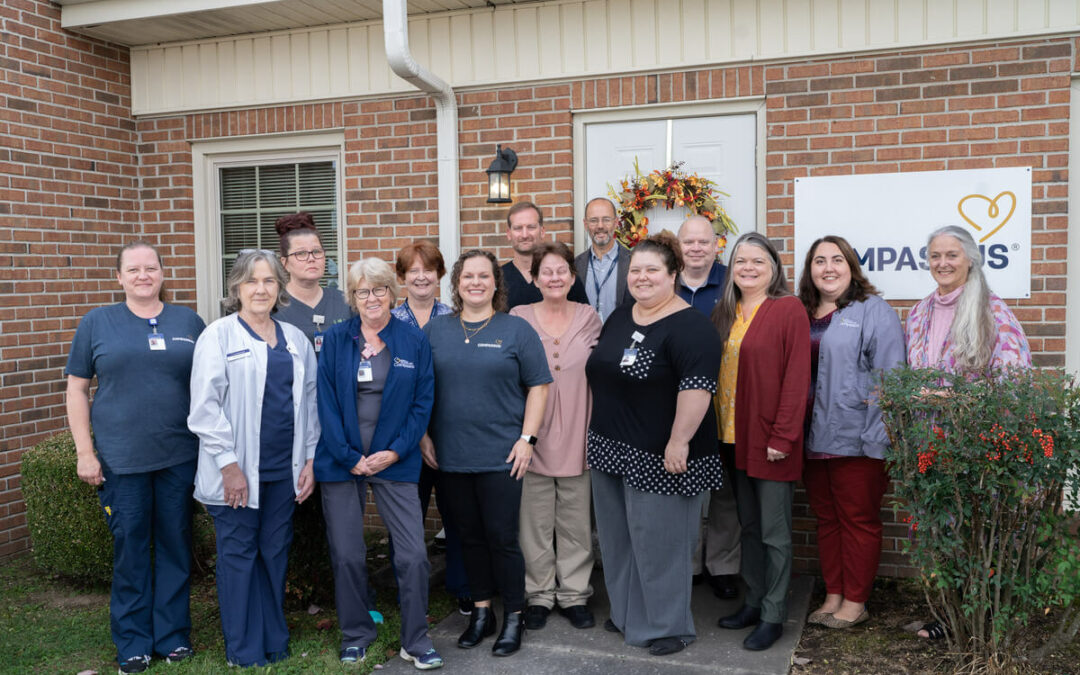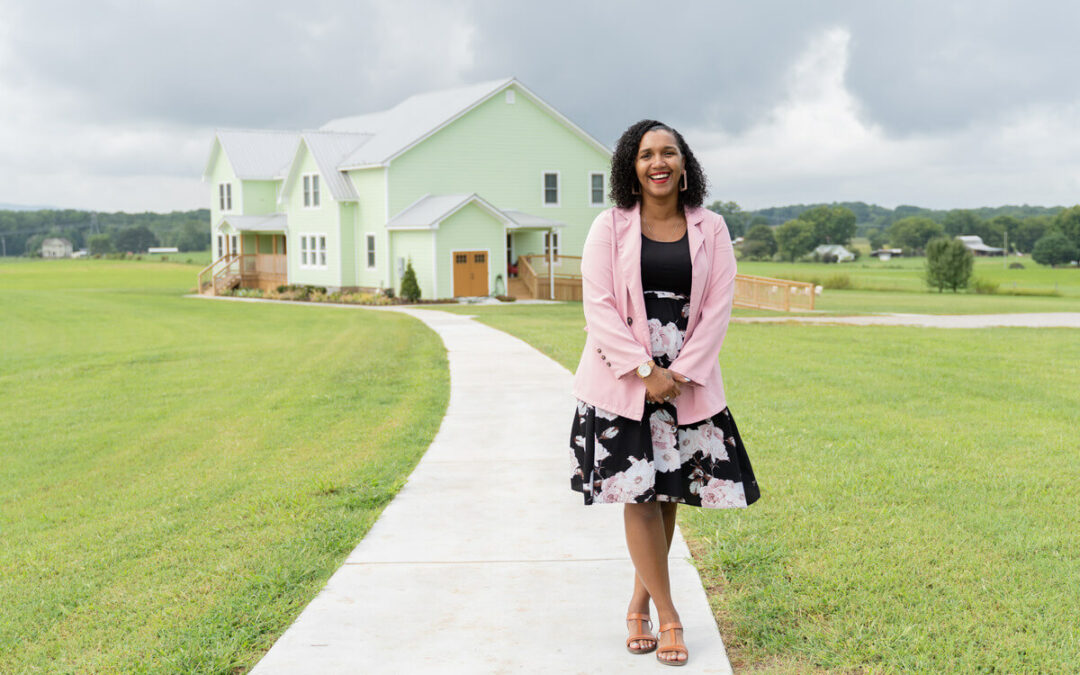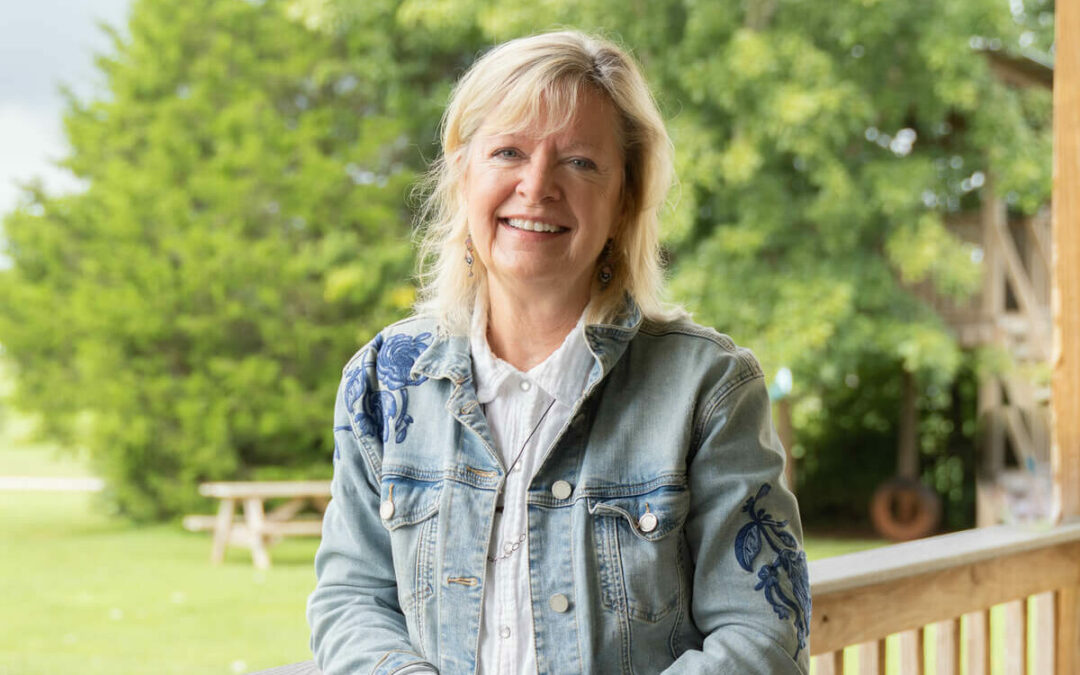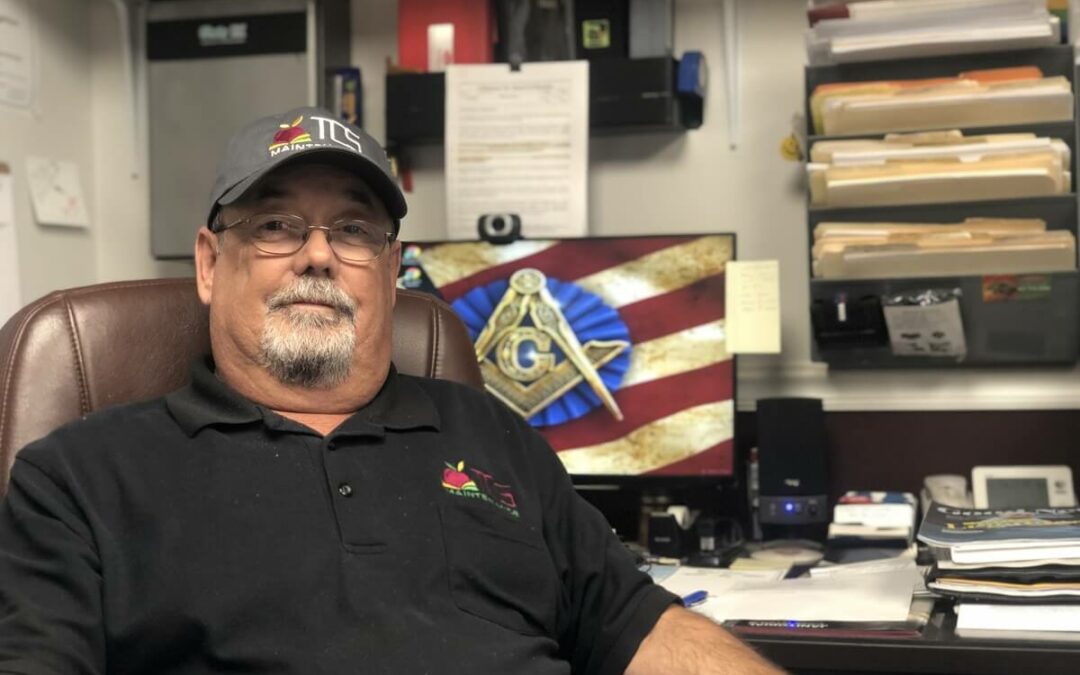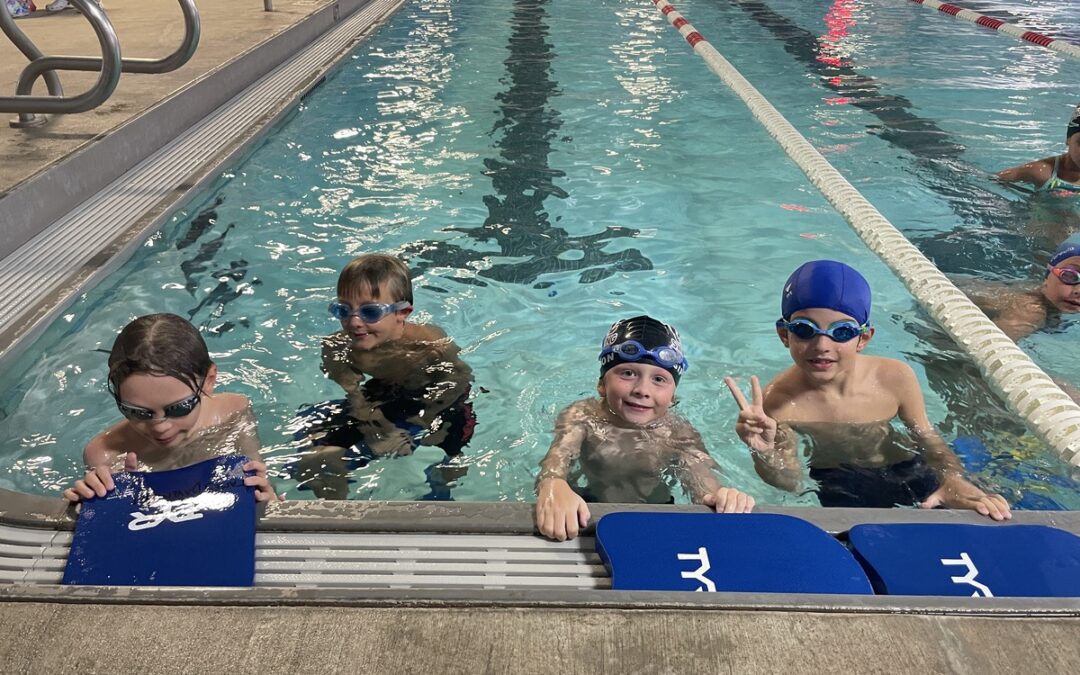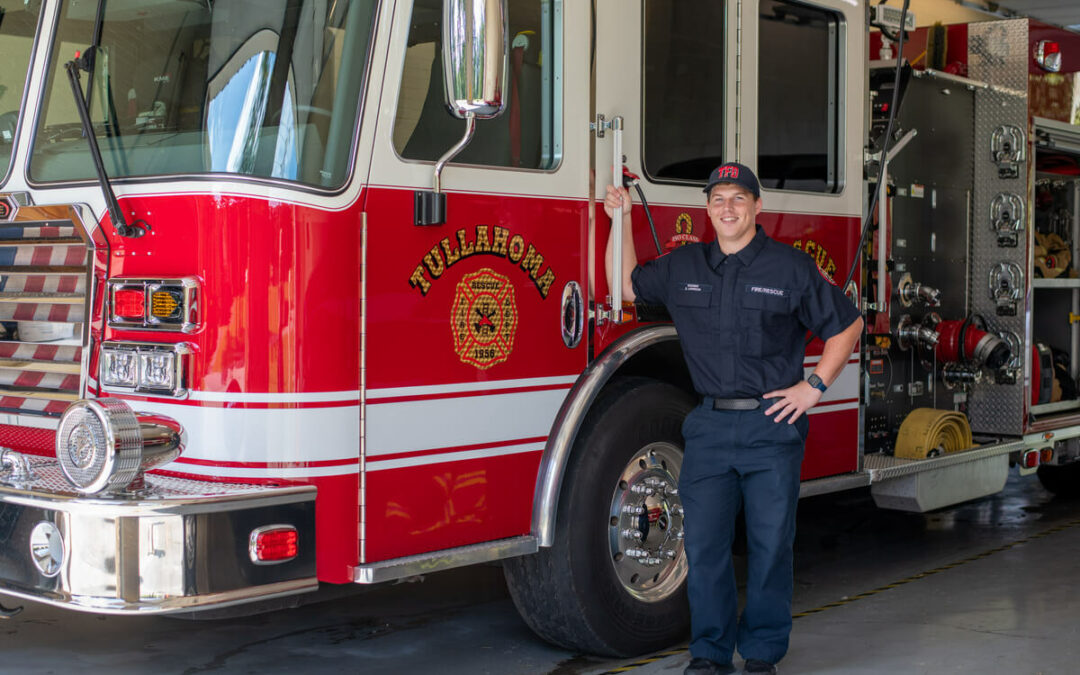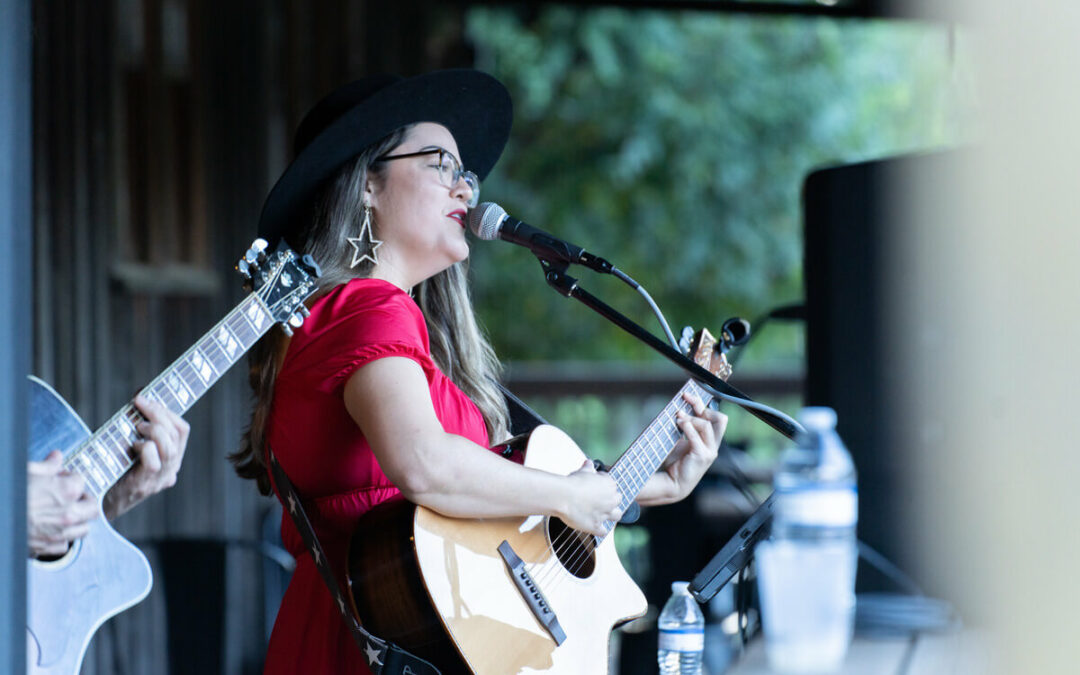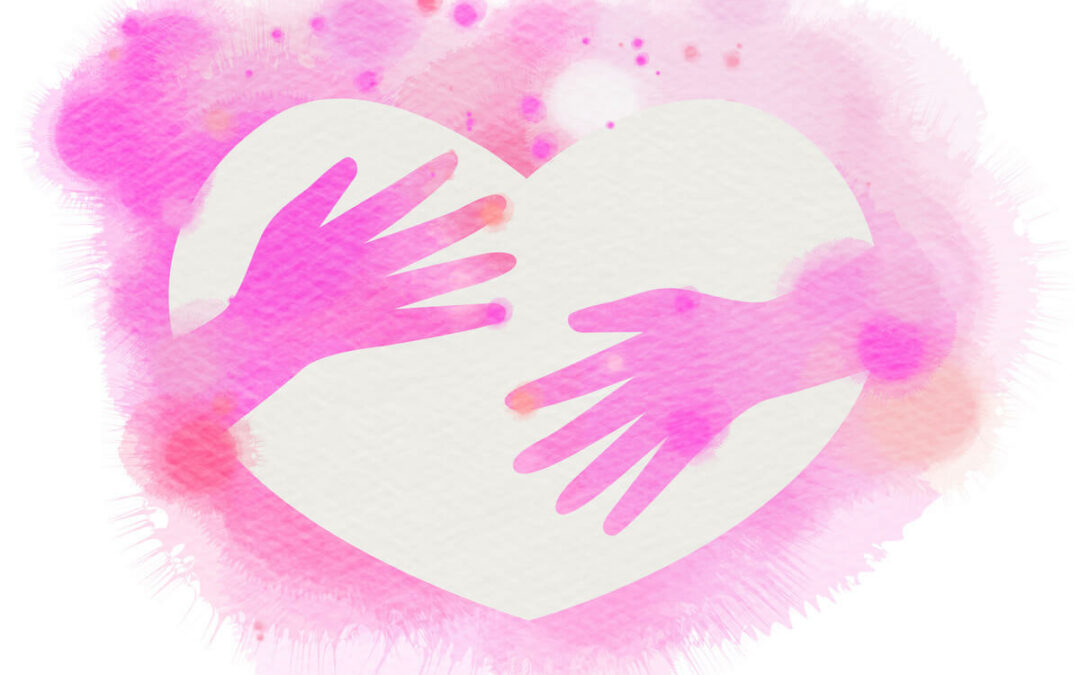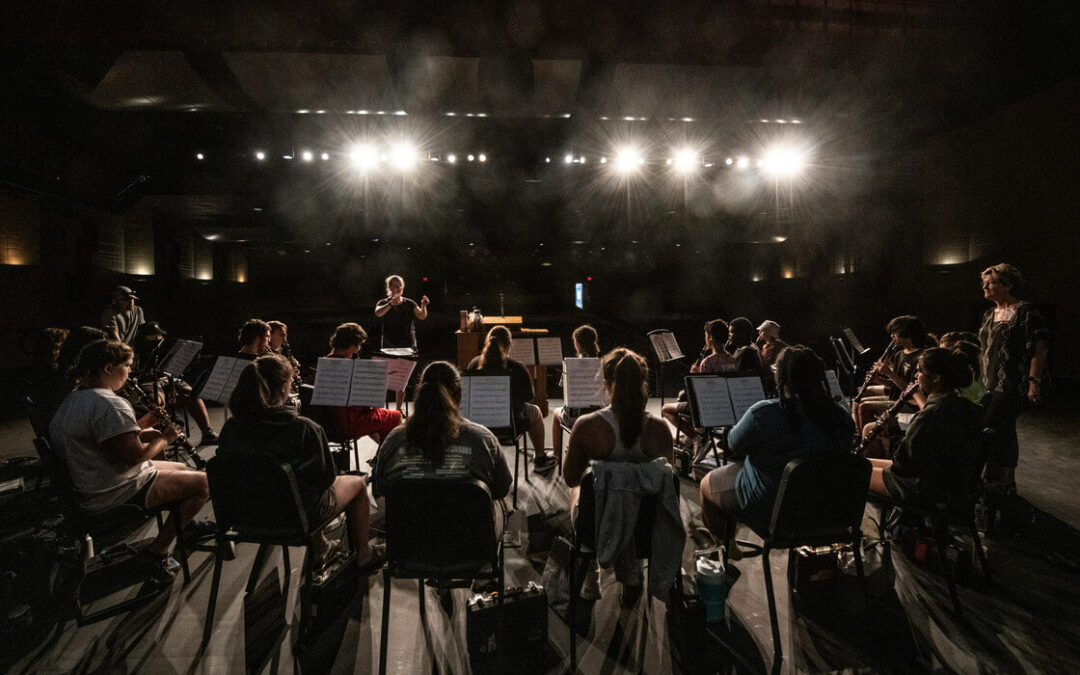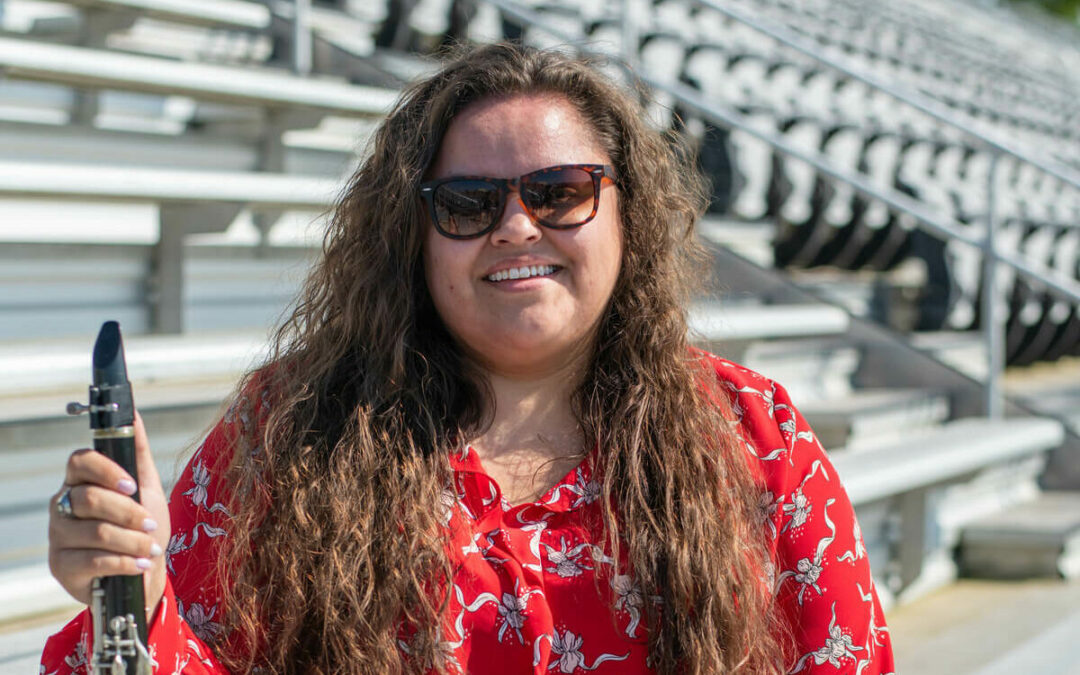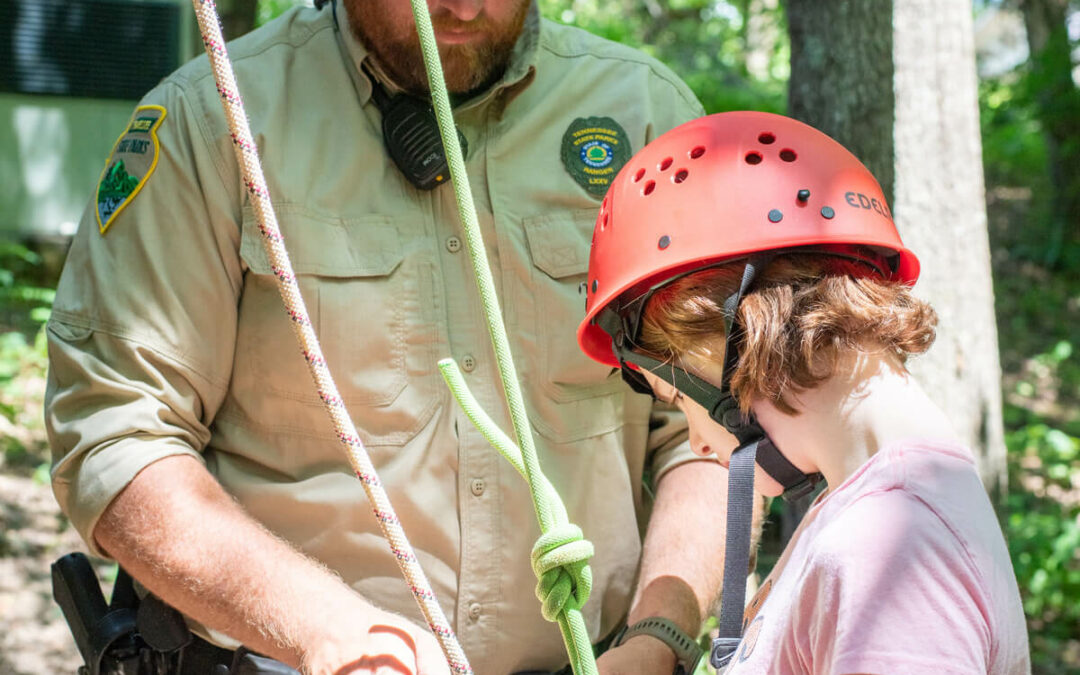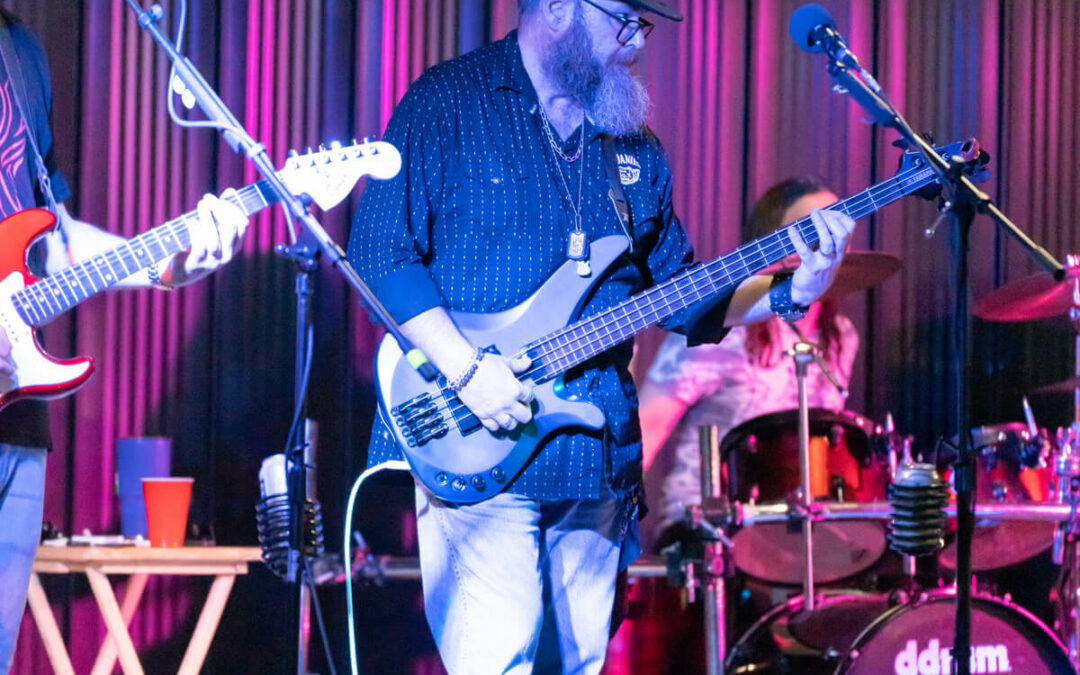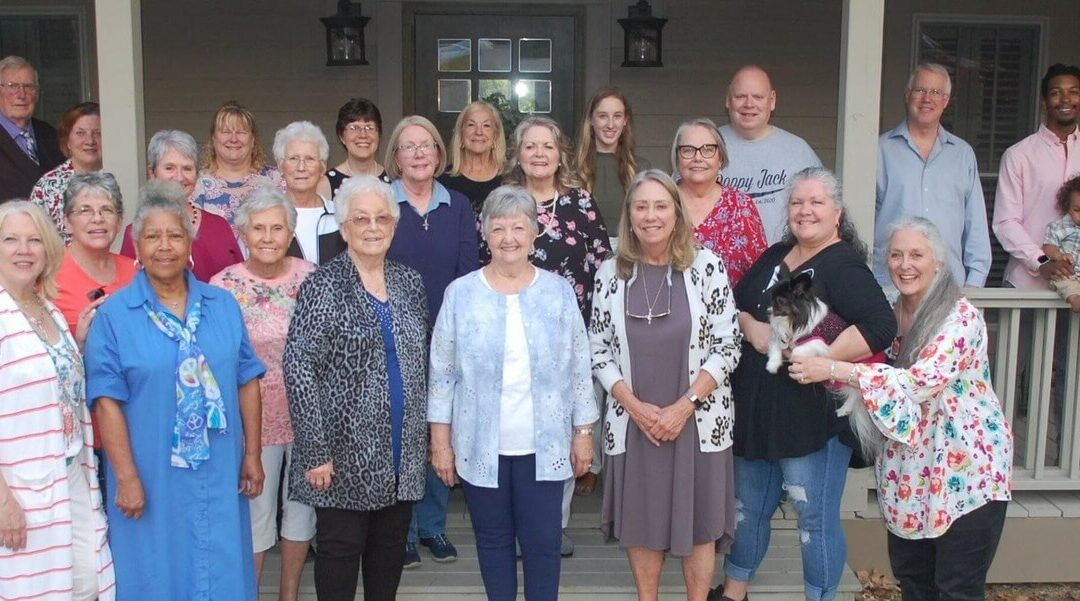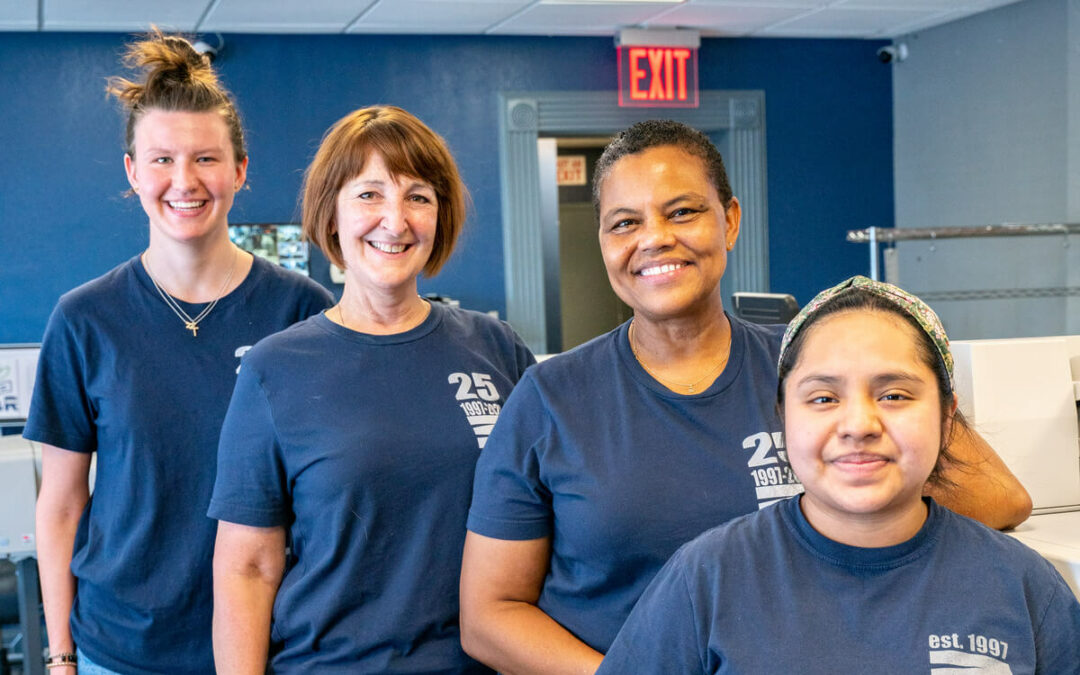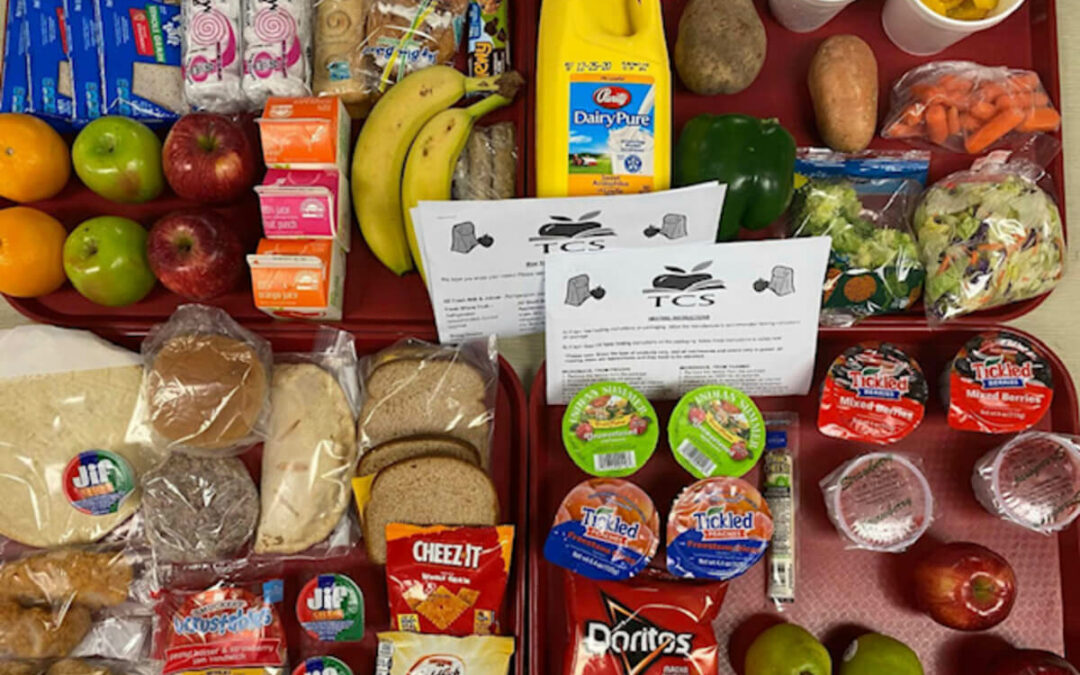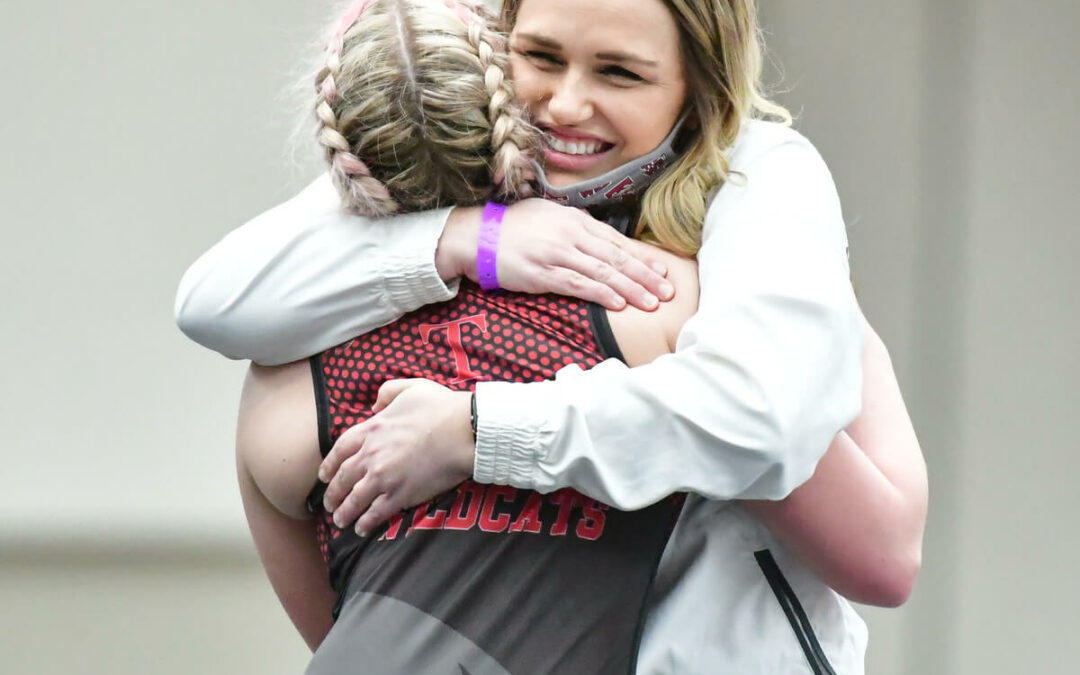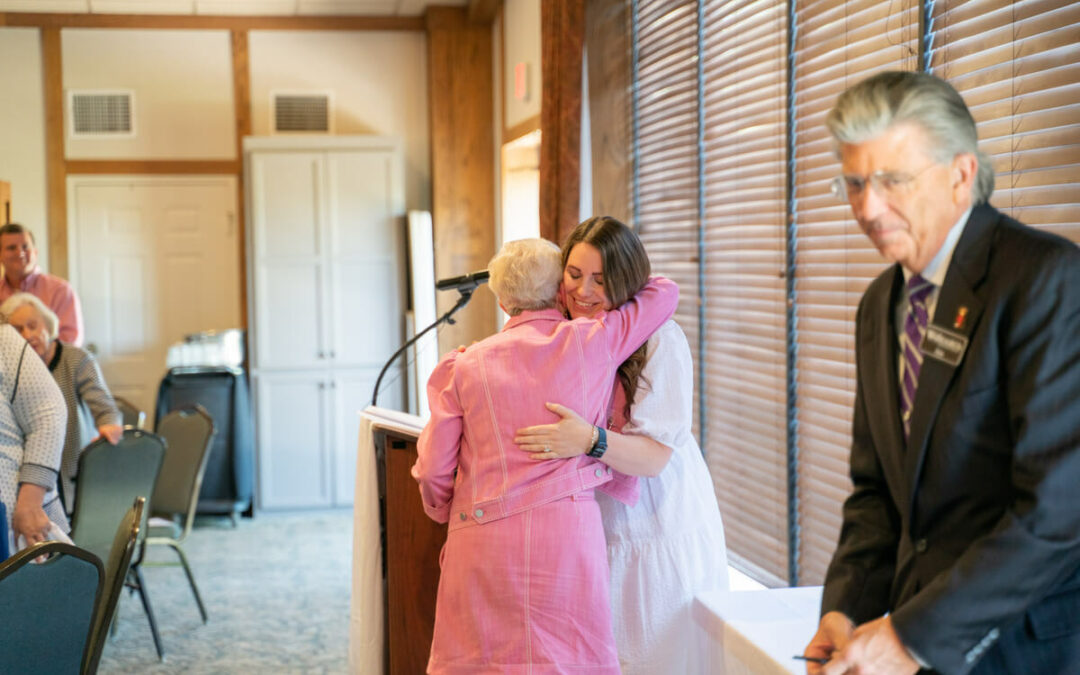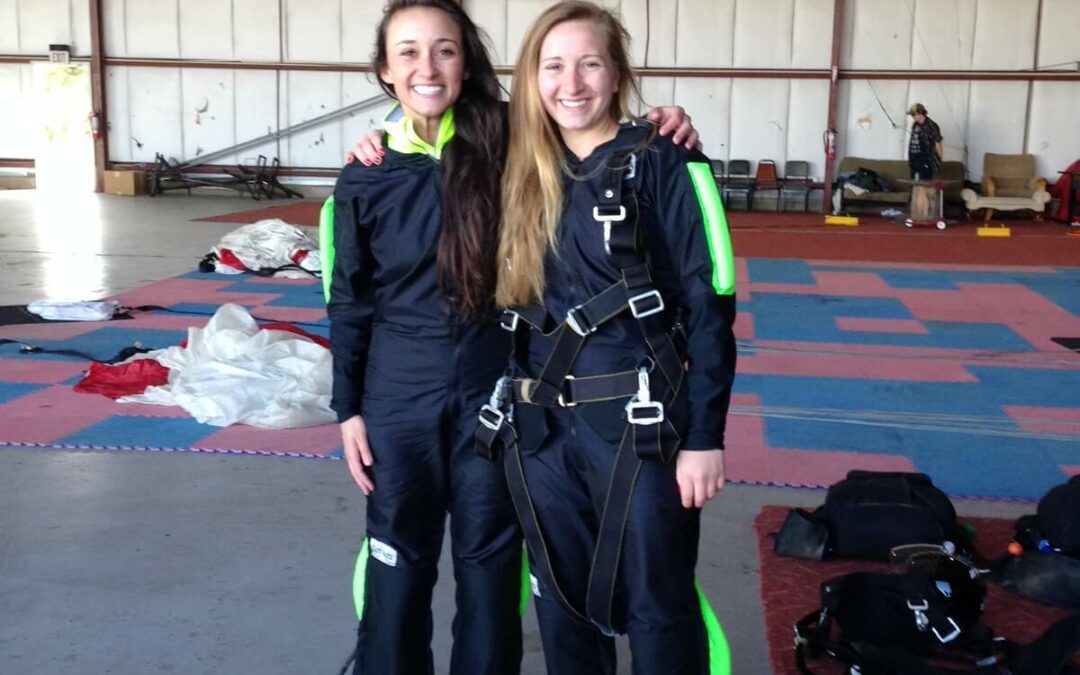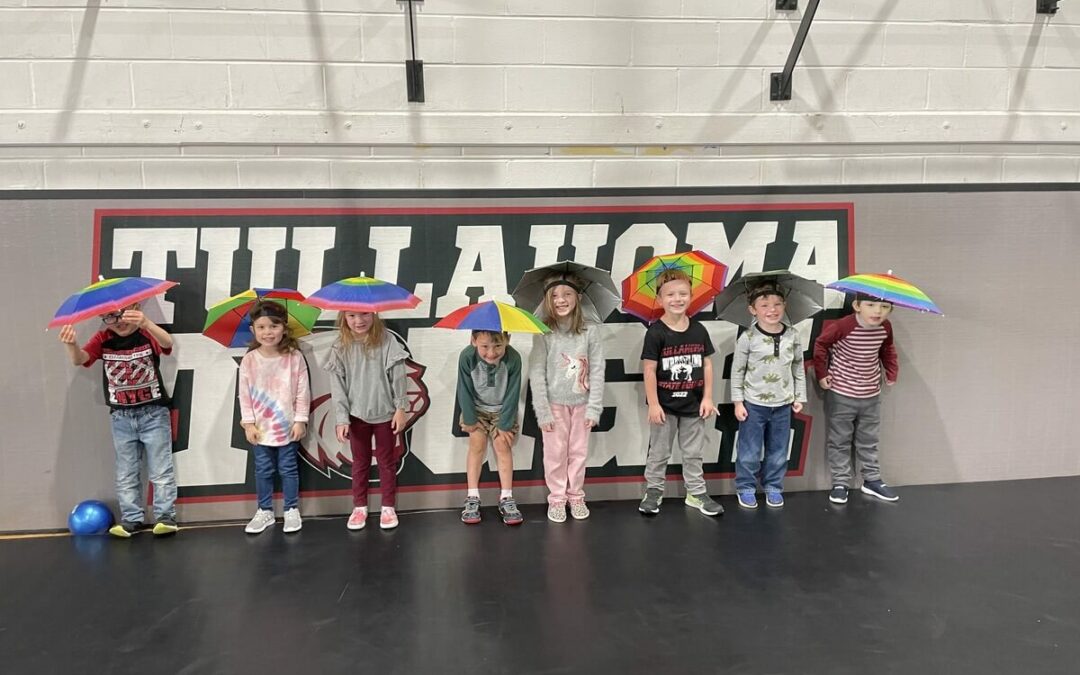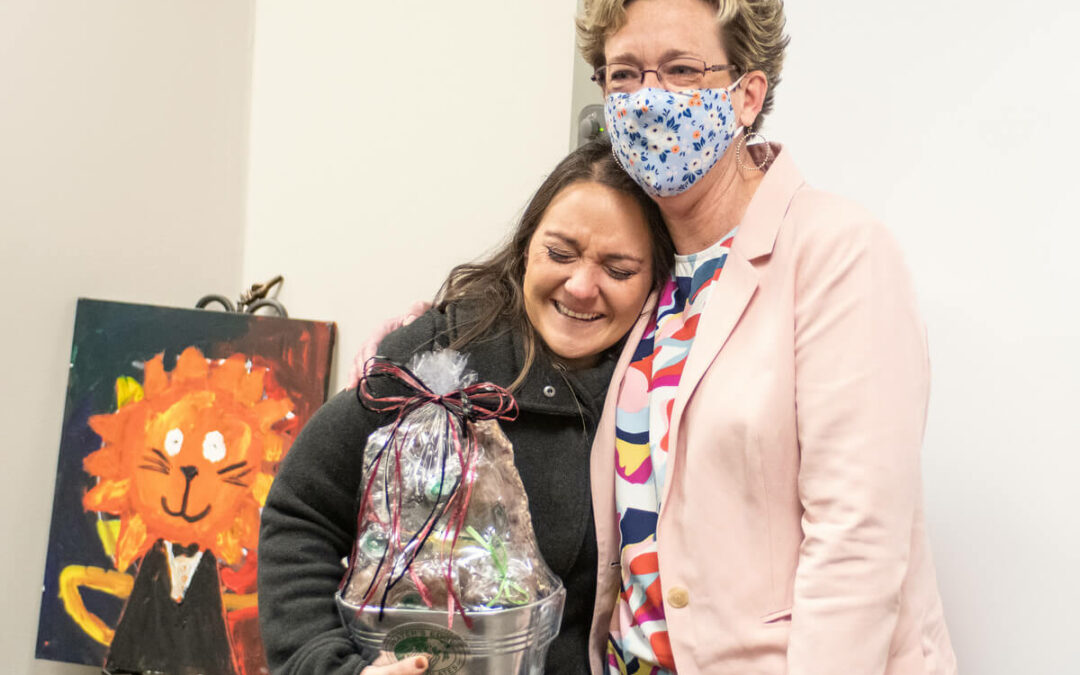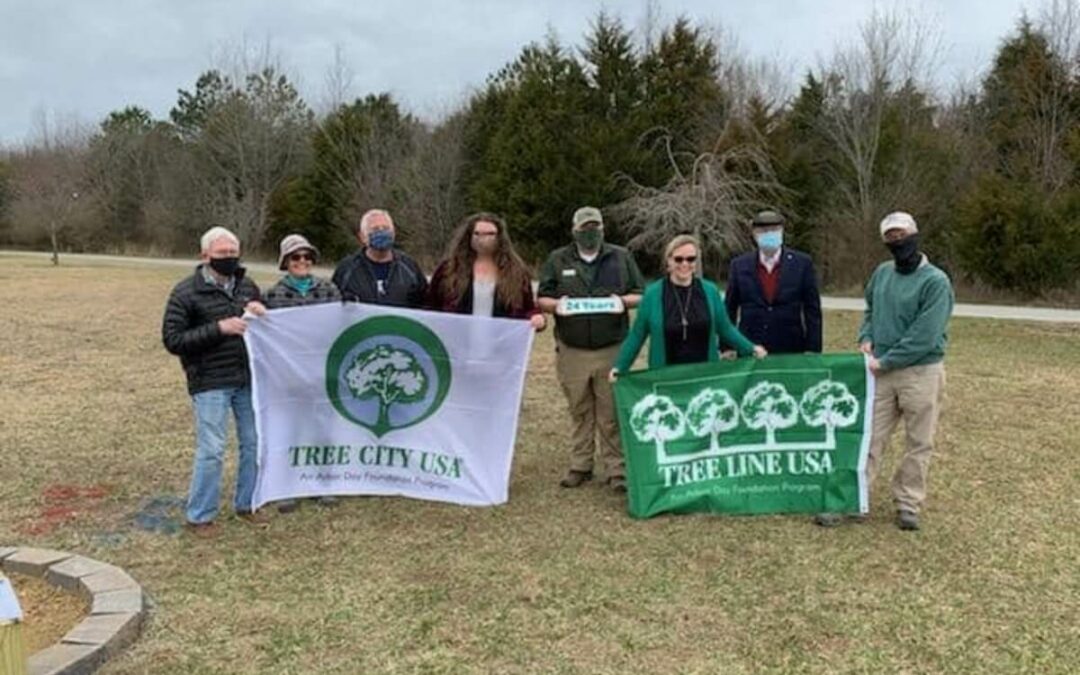GLOVES HIT punching bags, and their thuds infuse a large gym at FIT Beyond Therapy. The beat of tenacity bounces off the walls. Intensity and focus flow through the room, where Parkinson’s warriors — many in their 40s to 90s — push their limits with every punch. To an outsider, it might look like any other fitness class. But inside this gym, every move carries a deeper purpose. Each jab works against stiffness, each pivot eases tremors, and each punch is a step toward reclaiming control.
Emily Raths moves among her students, adjusting stances and offering encouraging words. Across the room, one woman who once doubted she could ever enjoy exercise lands a perfect hook and lets out a triumphant laugh. The energy is electric, and the atmosphere is a celebration of progress, tenacity, and unity.
Raths, who’s spent years immersed in the world of exercise science, earning a degree and multiple certifications along the way, never thought she’d be here — but a conversation with a local business owner changed everything.
The instructor asked if she would be interested in teaching boxing classes at a previous location. Raths agreed, and together, they developed the initial programs.
After joining FIT Beyond Therapy in Tullahoma in 2021, Raths asked owner Philip Hill for permission to expand their boxing classes.
“It didn’t take long to realize there was a growing group of people with Parkinson’s in our community who would benefit from this class,” Raths said.

With Hill’s approval, her journey in boxing continued.
With her fitness experience and love for boxing, Raths became the ideal candidate to take on the challenge. Boxing had already been a major part of her fitness training for clients. While attending Angelo State University, she completed a unique six-month, one-on-one boxing instruction course with a semi-pro boxer. Through that course, she saw how boxing could help people with Parkinson’s.
“Clients often walk away from a boxing session feeling that they have released some bottled-up negative emotions. It is also a great full-body workout,” she explained.
Launching the first Parkinson’s boxing class was an exciting experience for everyone, but like many things, it was interrupted by the COVID-19 pandemic. During the shutdown, Raths had the unique opportunity to work closely with Karen Nelson, one of the class participants.
“Karen didn’t really enjoy exercise, but she loved poetry and art,” Raths recalled. “We started going on walks together. She’d recite her poetry, which helped take her mind off the exercise.”
Through working with Nelson, Raths began to understand the daily challenges of living with Parkinson’s.
“There were days when Karen had trouble speaking, but you’d ask her to recite a poem, and she’d do it much more clearly than her regular speech. She was a firecracker. Always smiling, always happy. Seeing her fight this disease with such a positive attitude taught me that attitude really makes the biggest difference when facing something difficult.”
Though Nelson’s battle with Parkinson’s was tough, her determination, faith, and strong support system helped her best manage her symptoms.

“She had the best group of people around her,” Raths said. “Starting with her husband, Bob. Having a support system for the person with Parkinson’s, as well as their main caregiver, is crucial.”
Since those early days, Raths has recognized how important exercise — particularly boxing — is in managing Parkinson’s symptoms. Although there is no cure for the disease, research shows that exercise, especially boxing, can help slow its progression.
“Many of our class participants found us because their neurologist recommended boxing,” Raths said.
Class members show up day after day, towels and water in hand, ready to give it their all.
“They show up regardless of which symptoms are affecting them that day, with an ‘I’m going to do whatever I can’ attitude,” Raths said. “It’s incredibly inspiring to work with this group. It makes me think twice before skipping a workout or backing off just because something is hard.”
Participants experience both physical and cognitive benefits. Boxing involves weight-shifting, changing directions, and using alternate arm movements, all challenging balance, coordination, and even memory. It’s a holistic exercise that improves strength, flexibility, balance, and cognition as participants count punches or name colors during training.
According to Raths and many of her participants, a supportive class environment is key. Raths works alongside Kathy Duvenage, a colleague with a background in physiotherapy, and has received support from local therapists Karen Todaro and Lori Henley to provide the best care possible.

“It’s inspiring to see them encourage one another and share what they’ve learned,” Raths said. “There’s a real camaraderie that comes from facing this disease together.”
For participants like Randy Williams and his wife, Phyllis, the community aspect is just as important as the exercise.
“The exercise program is very helpful, and the social contact is his incentive to get out of bed on Monday and Friday,” said Phyllis. “As the caregiver, I will add that the group is also a great support for me.”
The class continues to grow, and the team adapts the program to meet participants’ needs. Instructors use gait belts for those with mobility issues or at higher risk of falling, ensuring participants can work at their own pace while being supported.
Sometimes, participants do exercises seated when standing becomes too much. Other times, they start standing and switch to a chair when they tire.
As the class expands, Raths anticipates needing more helpers to maintain a high level of care and inclusivity.
She encourages the community to make fitness a priority and invest in their health, even when it’s difficult.
“We all have days when we don’t feel like doing what’s good for us,” Raths said. “But working with this group, I often find myself pushing through that resistance. When you see people fighting a disease like Parkinson’s, it’s incredibly inspiring.”
She added, “If you or someone you know has Parkinson’s, you don’t have to face it alone. There’s a community right here in Tullahoma that’s supportive and encouraging. They share daily struggles and best practices for combating symptoms.” GN








